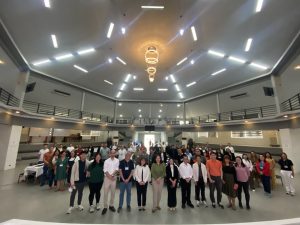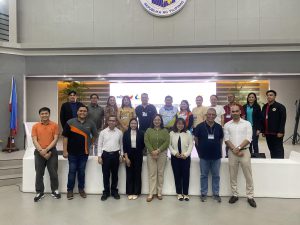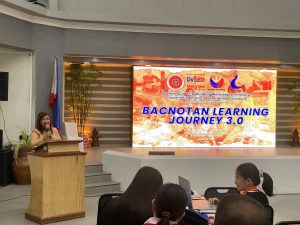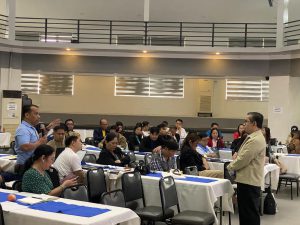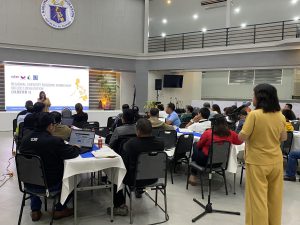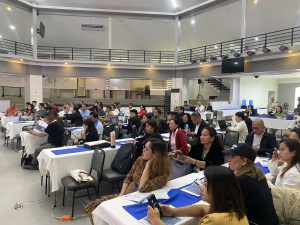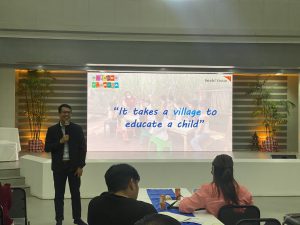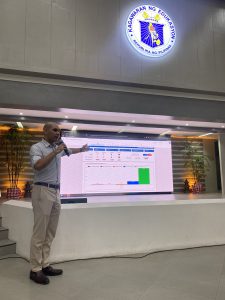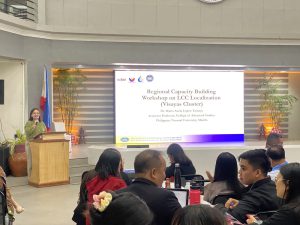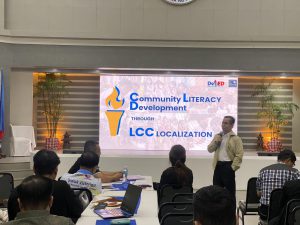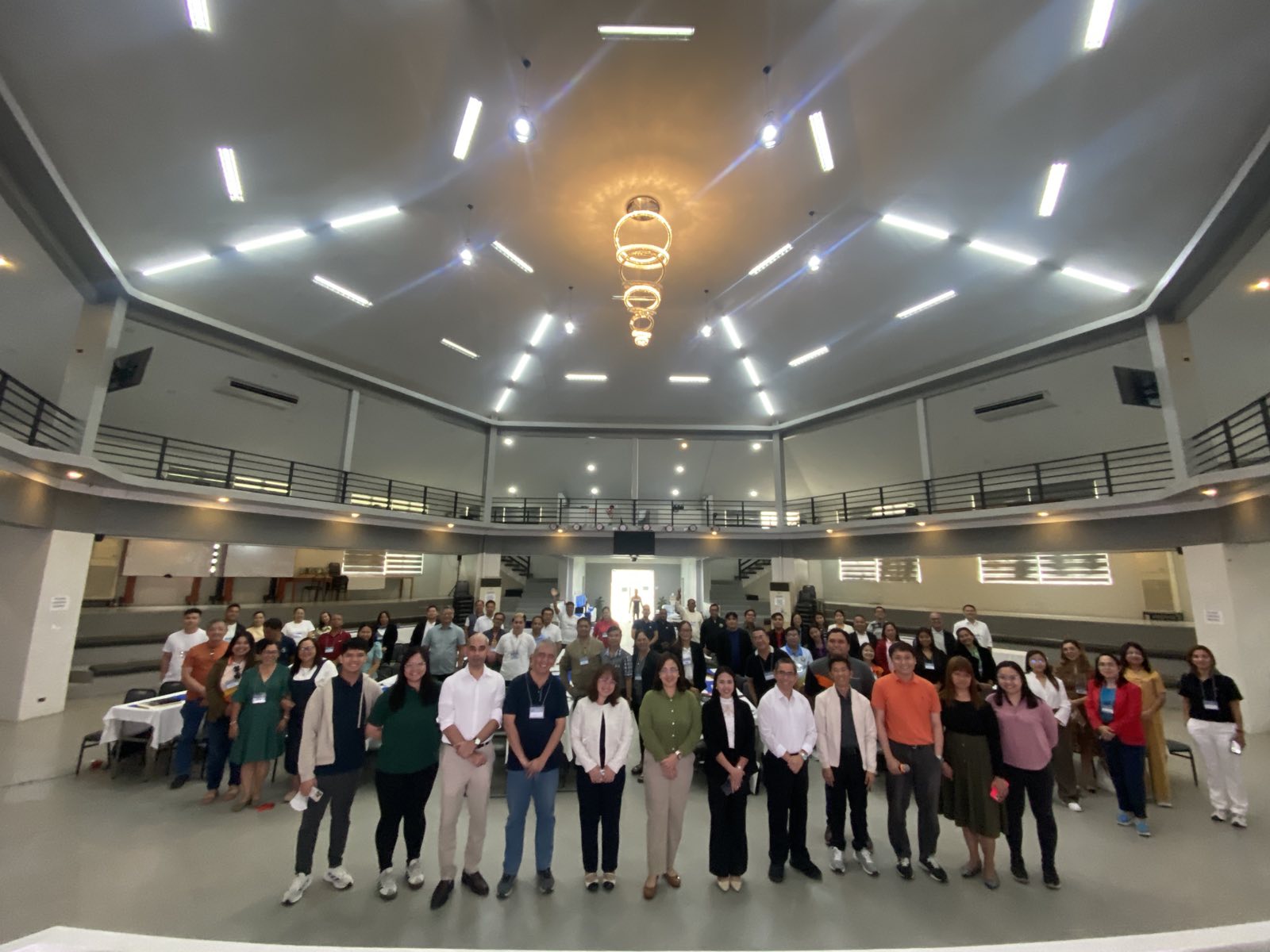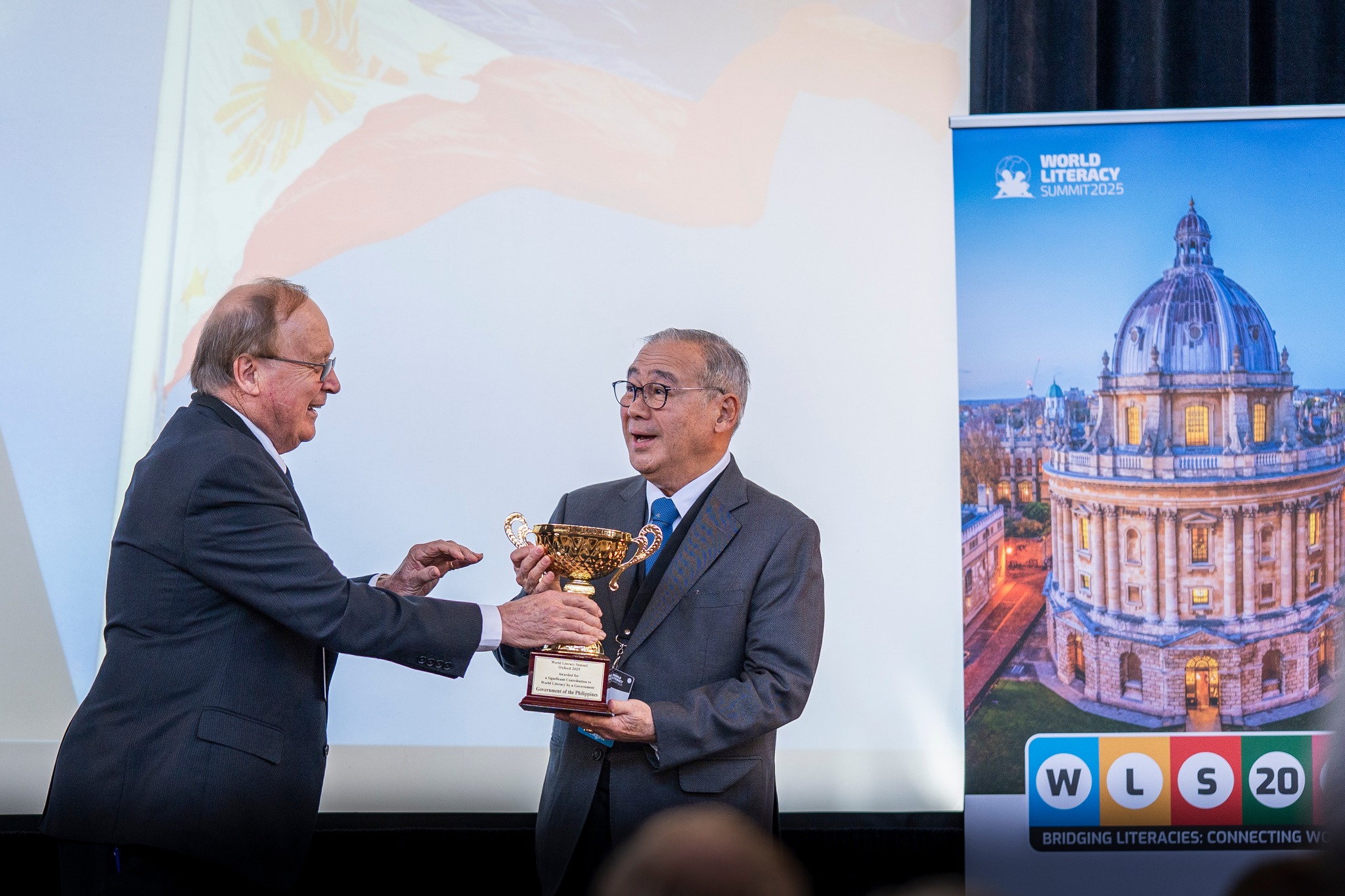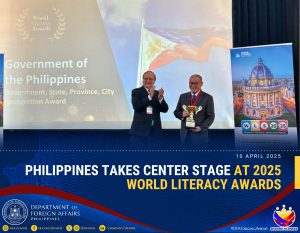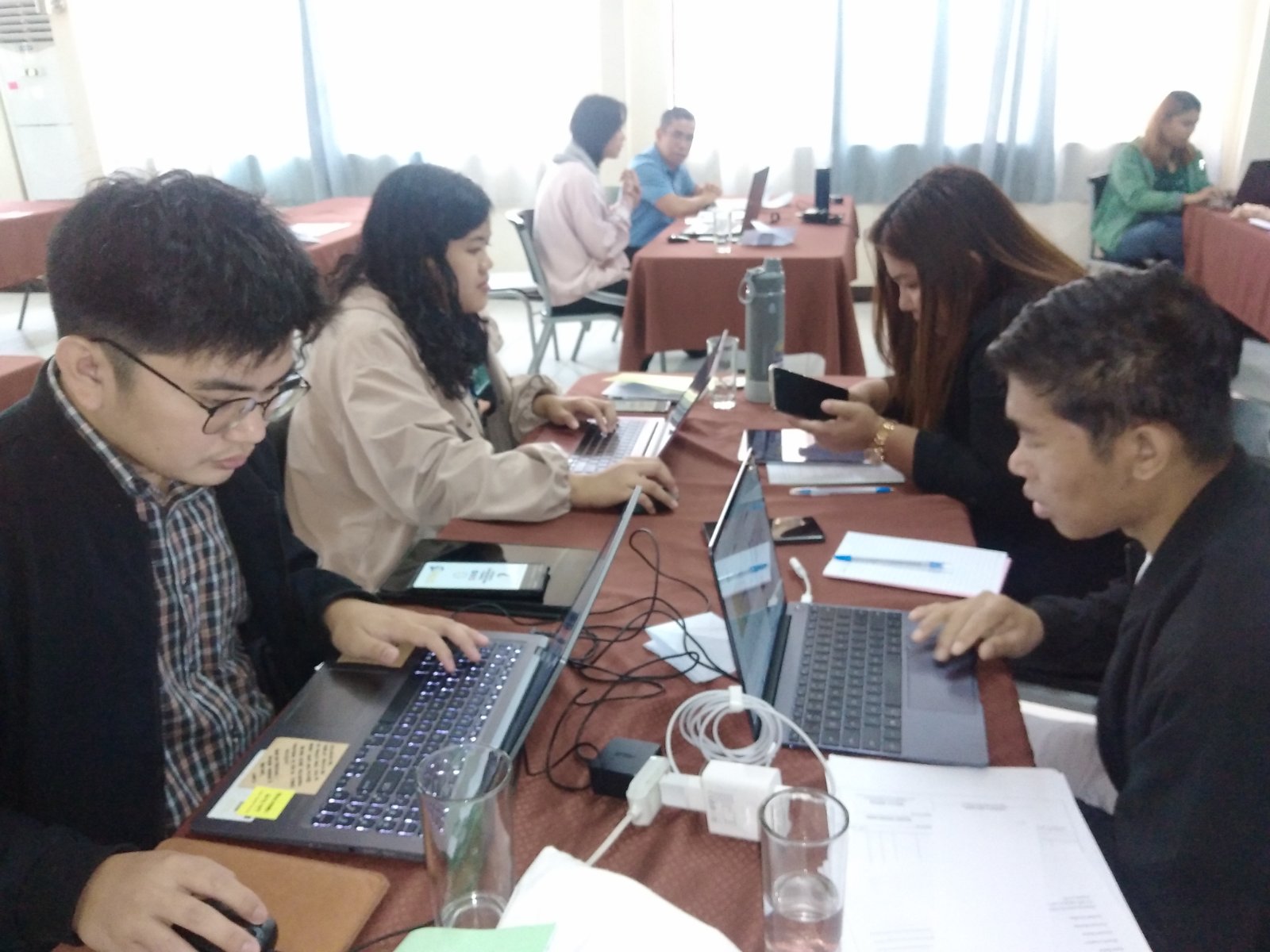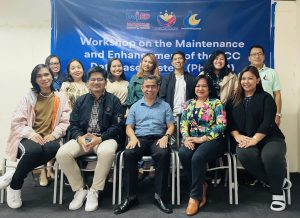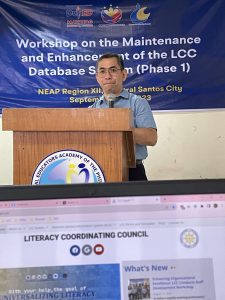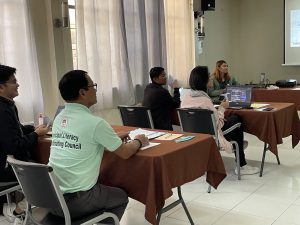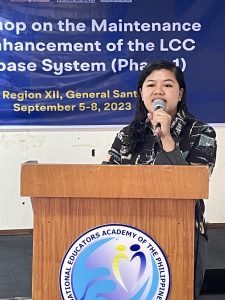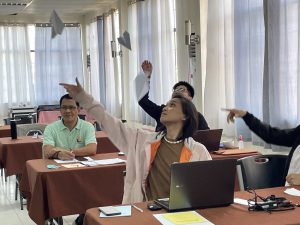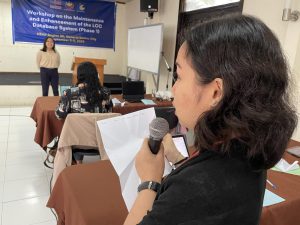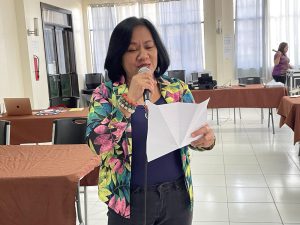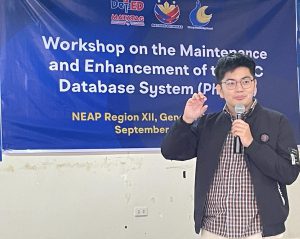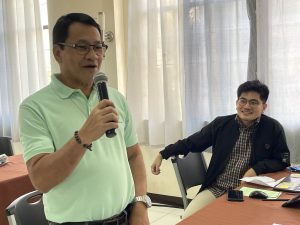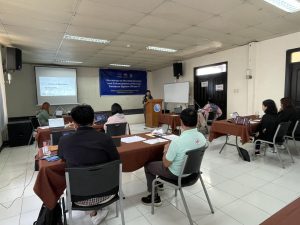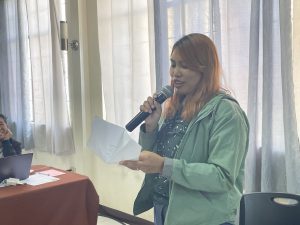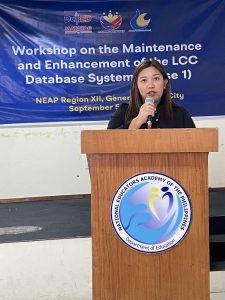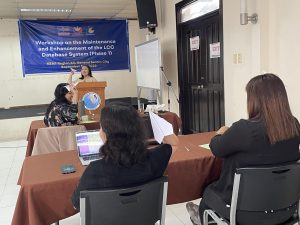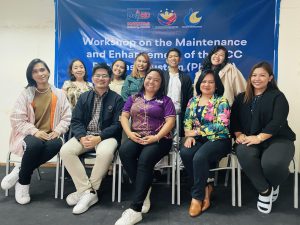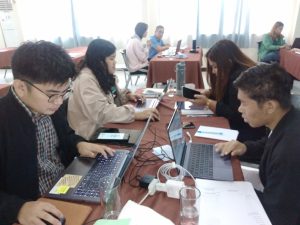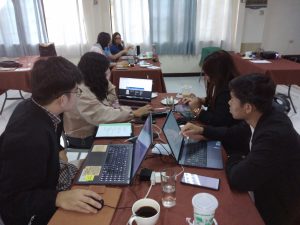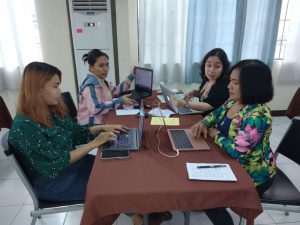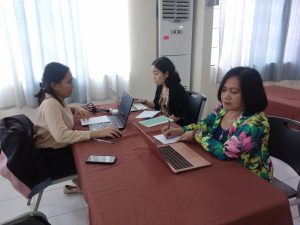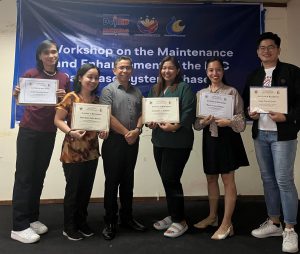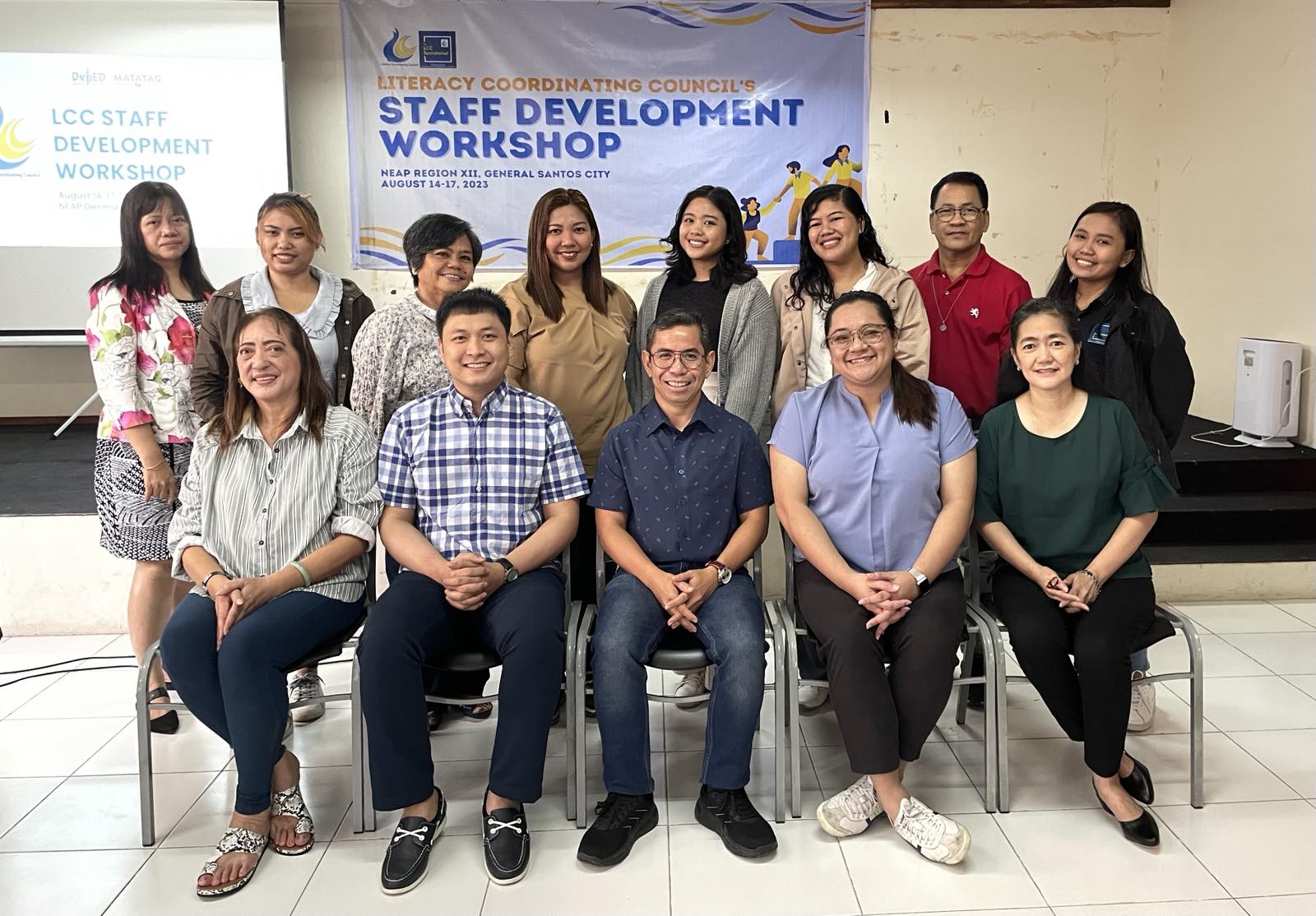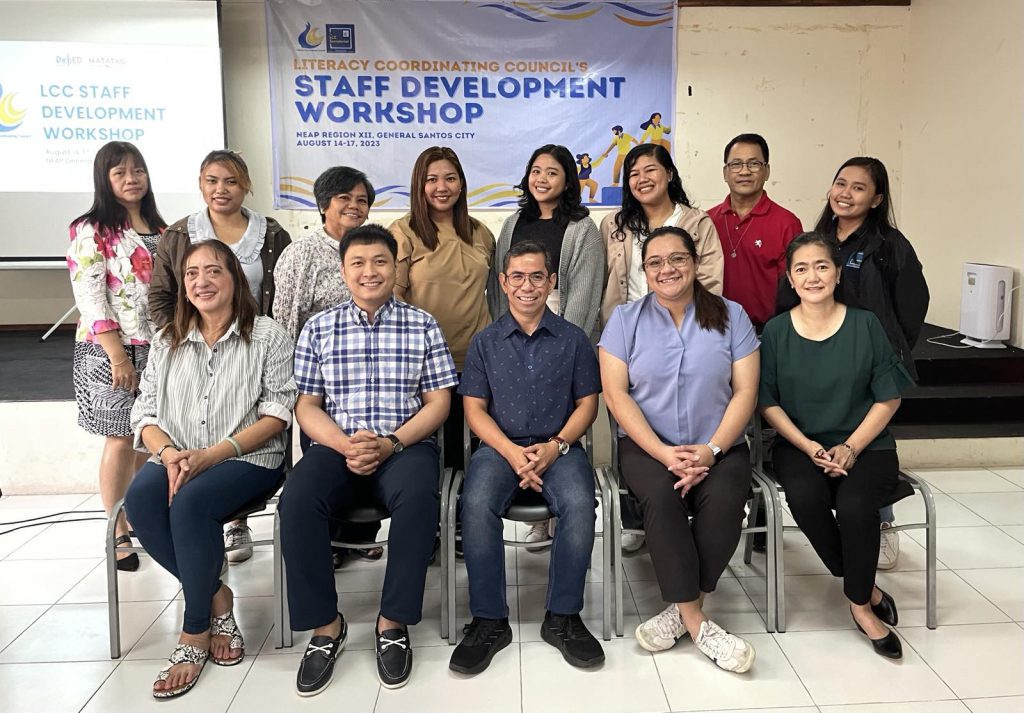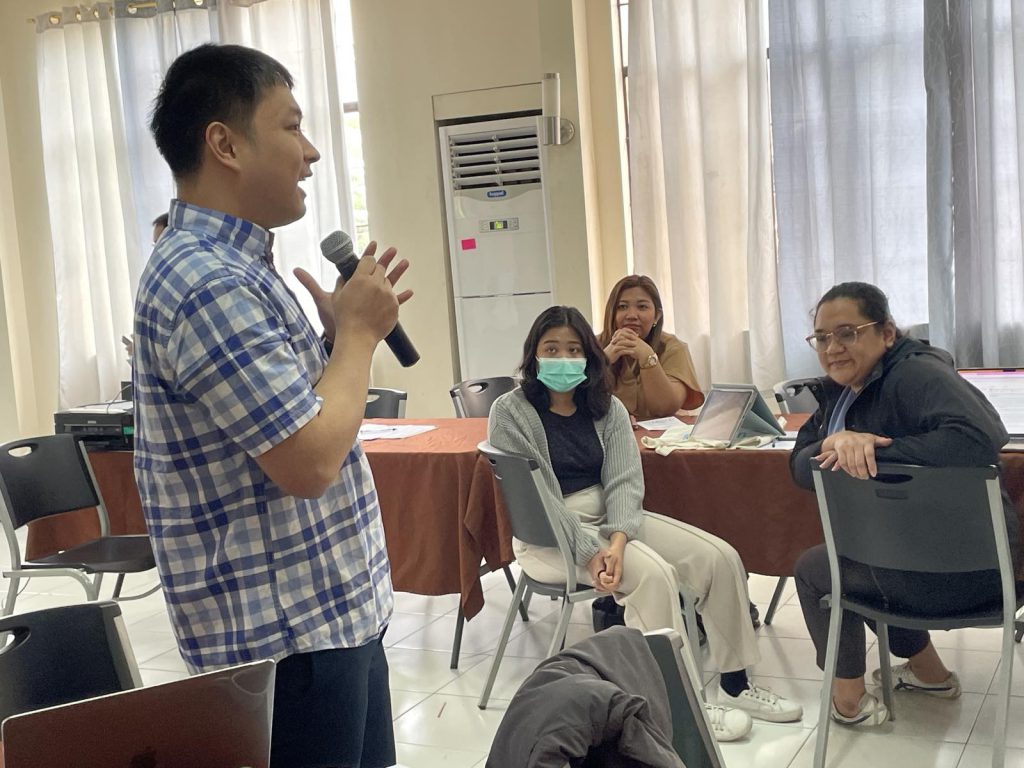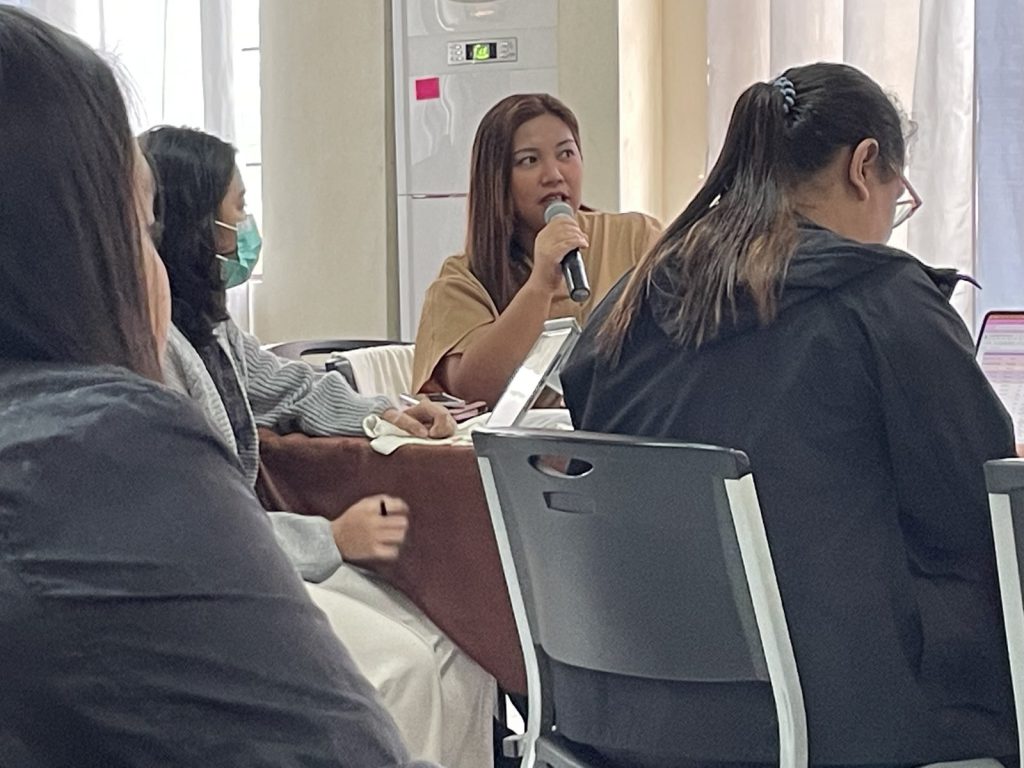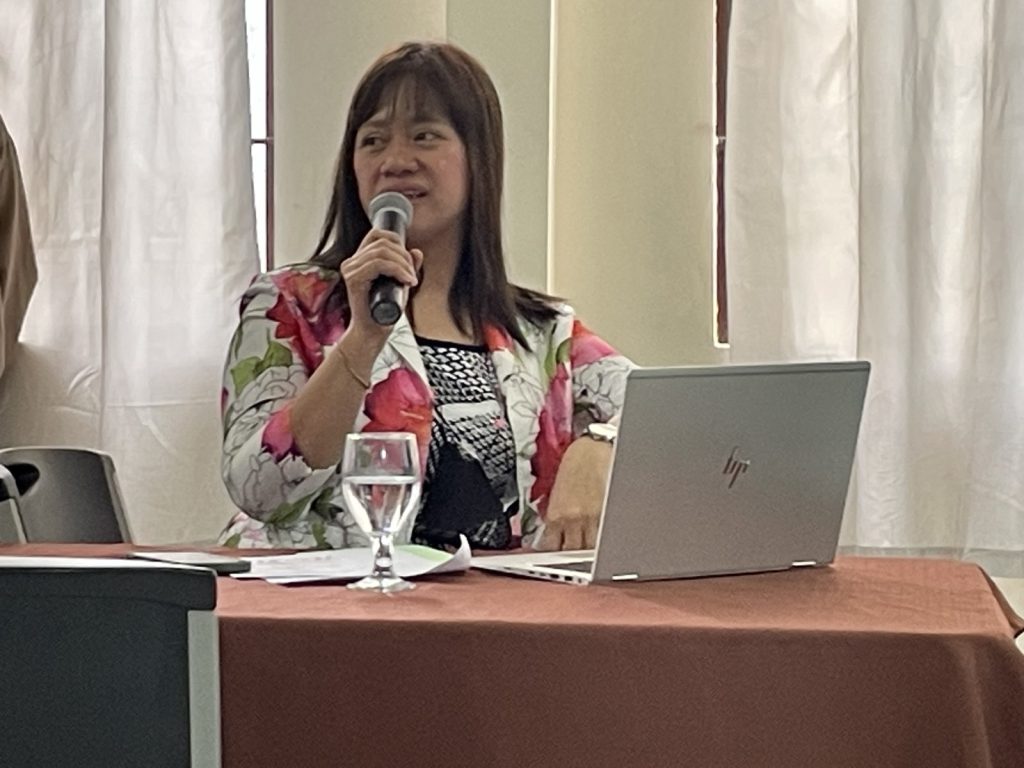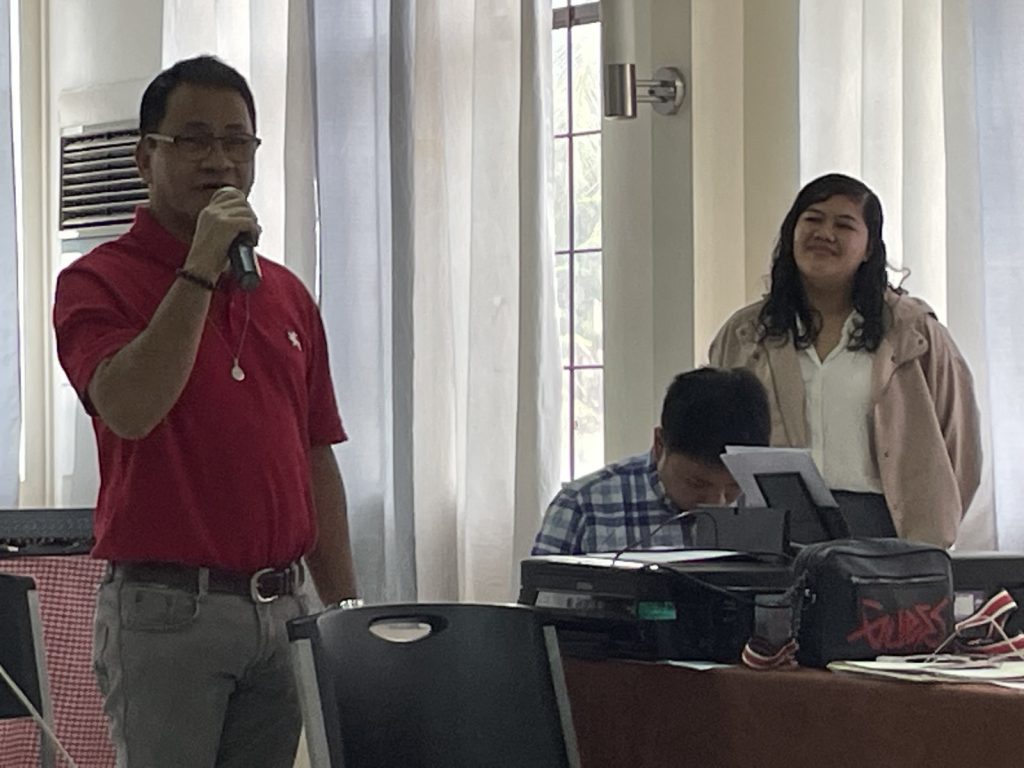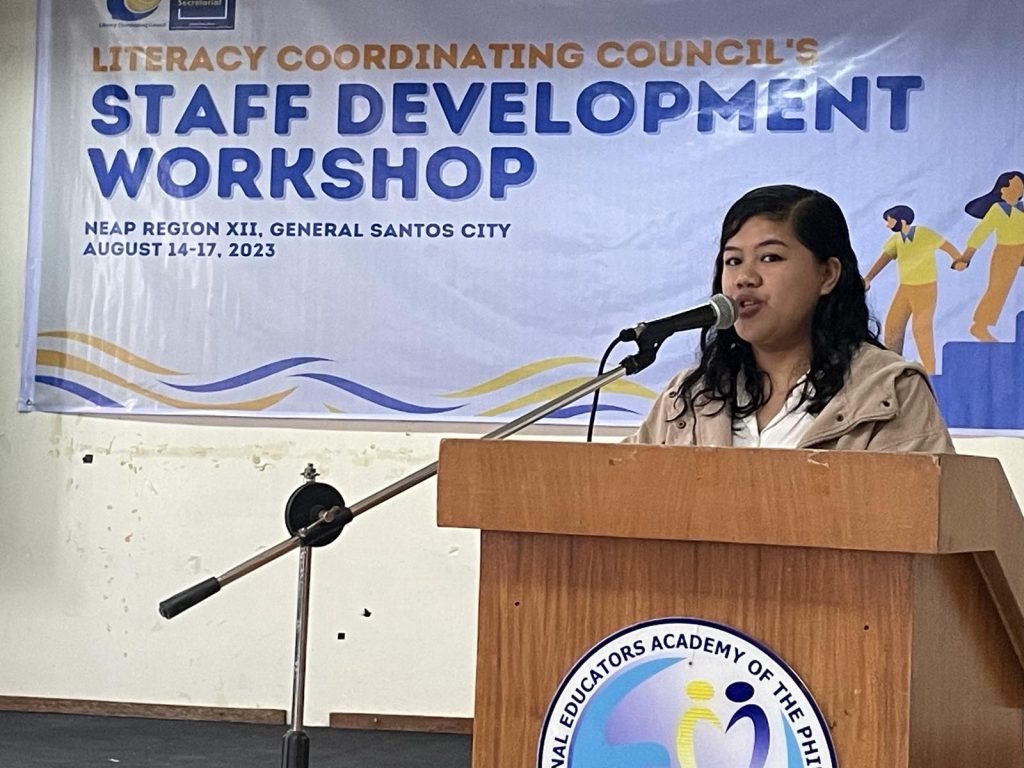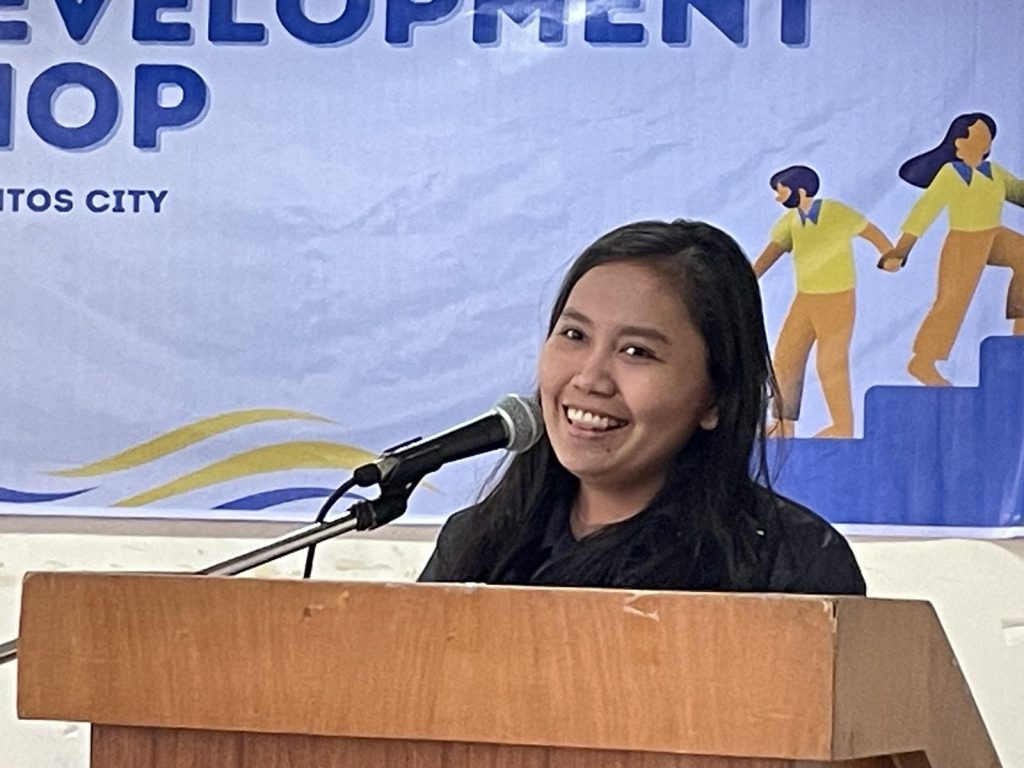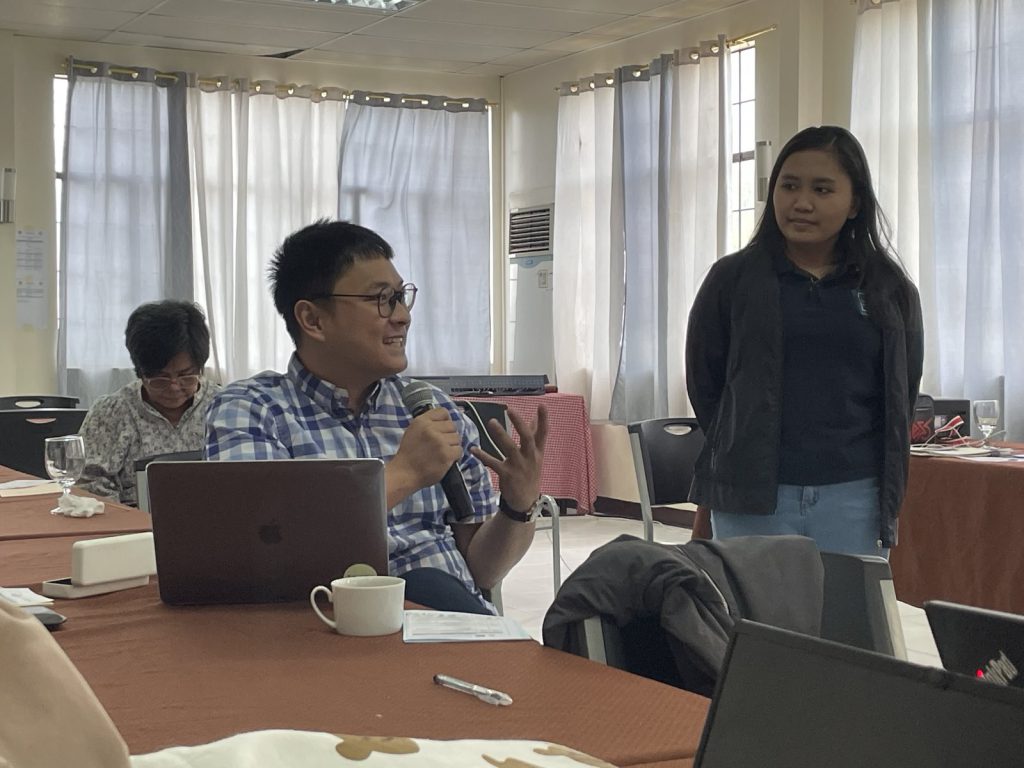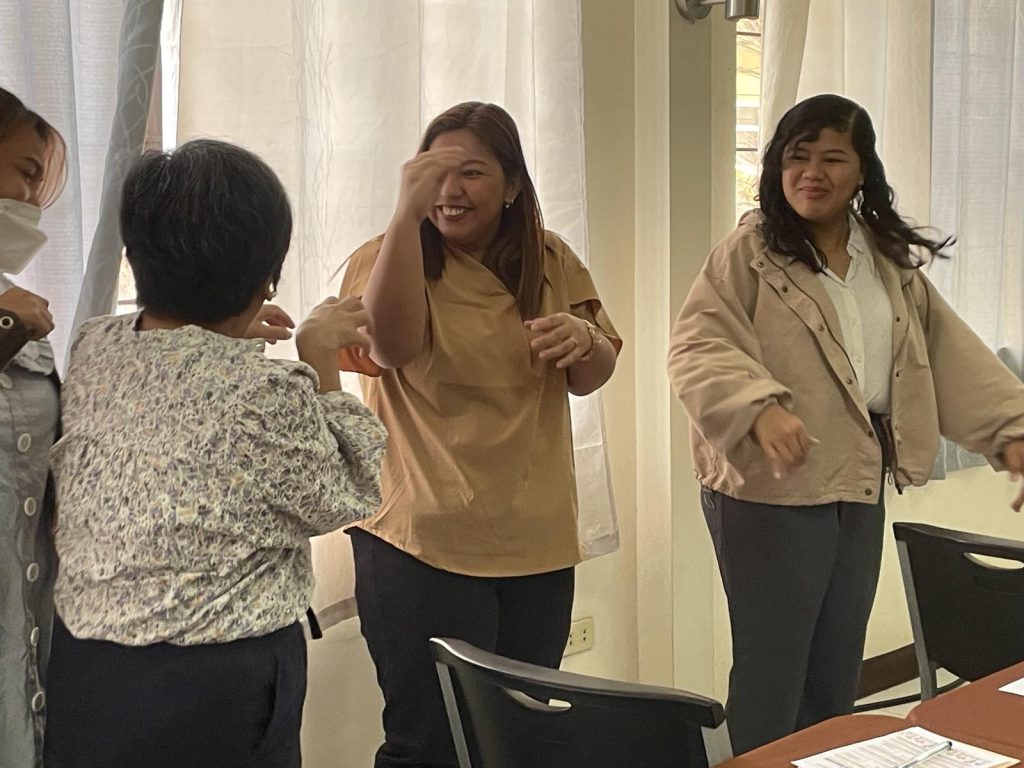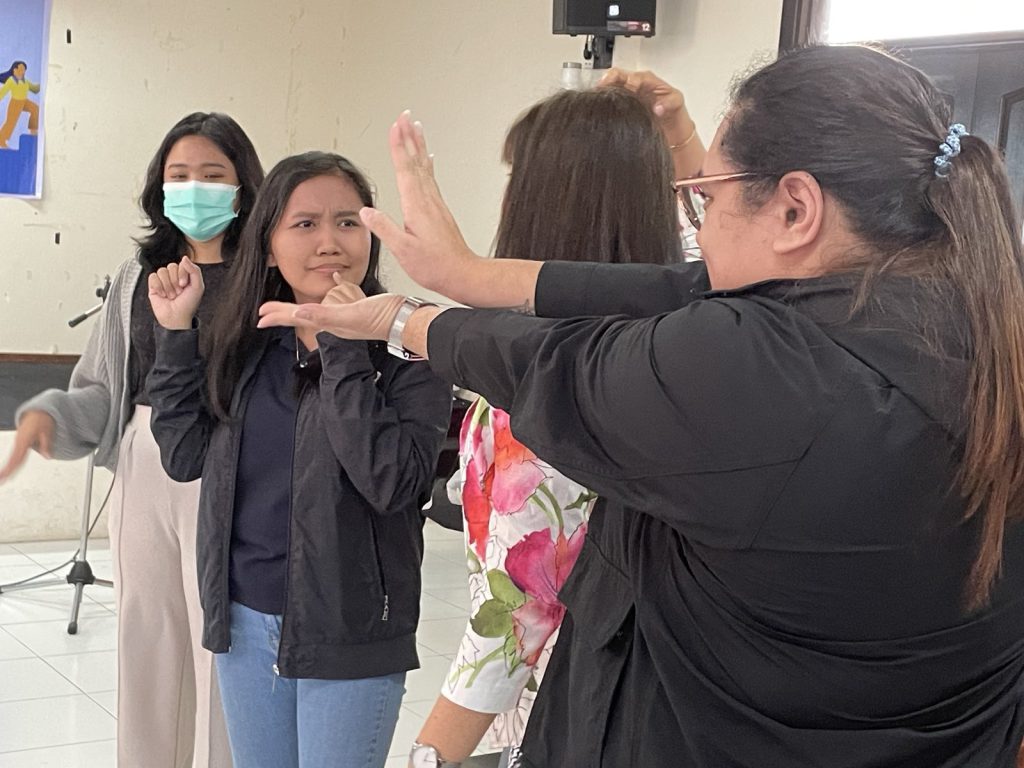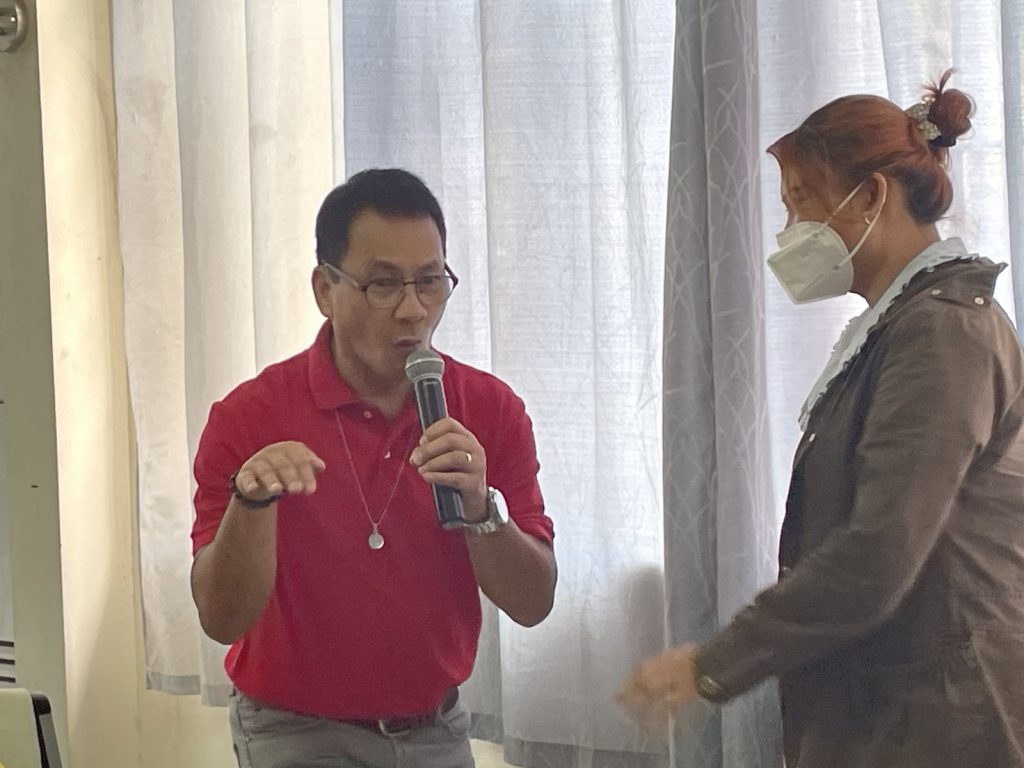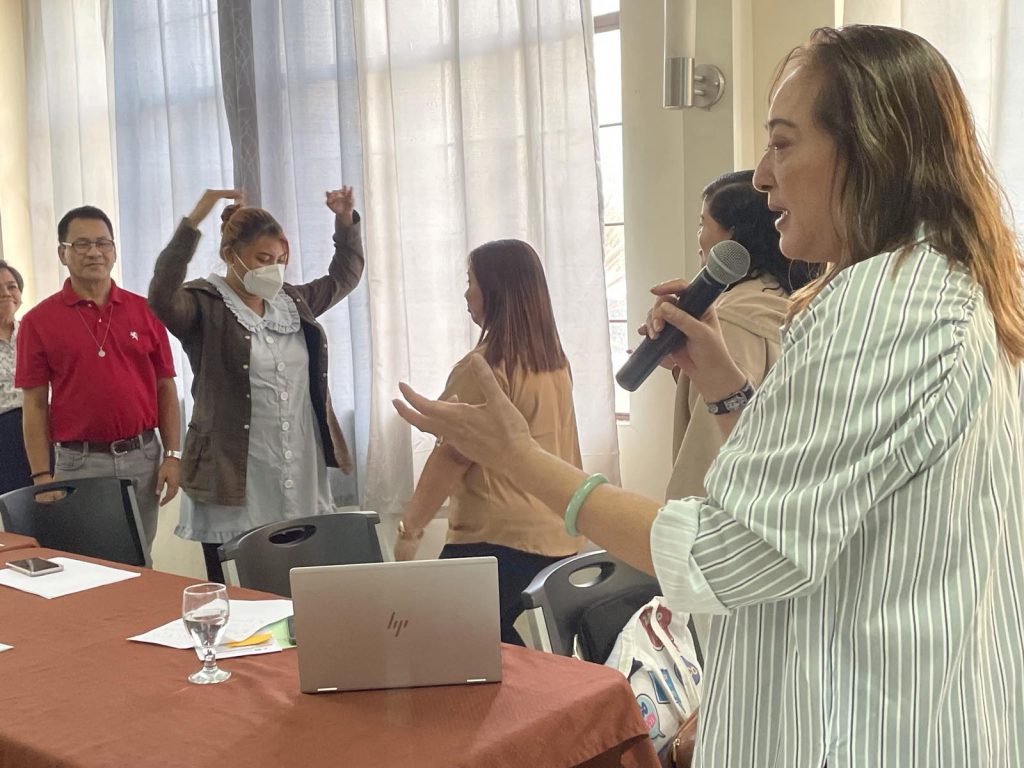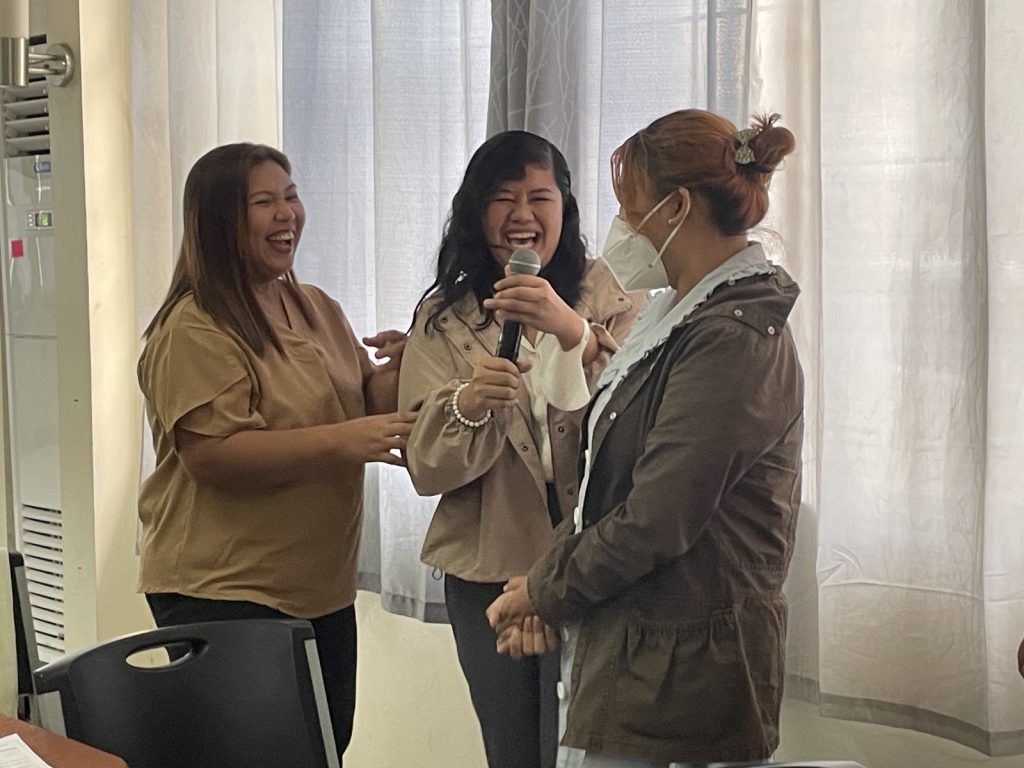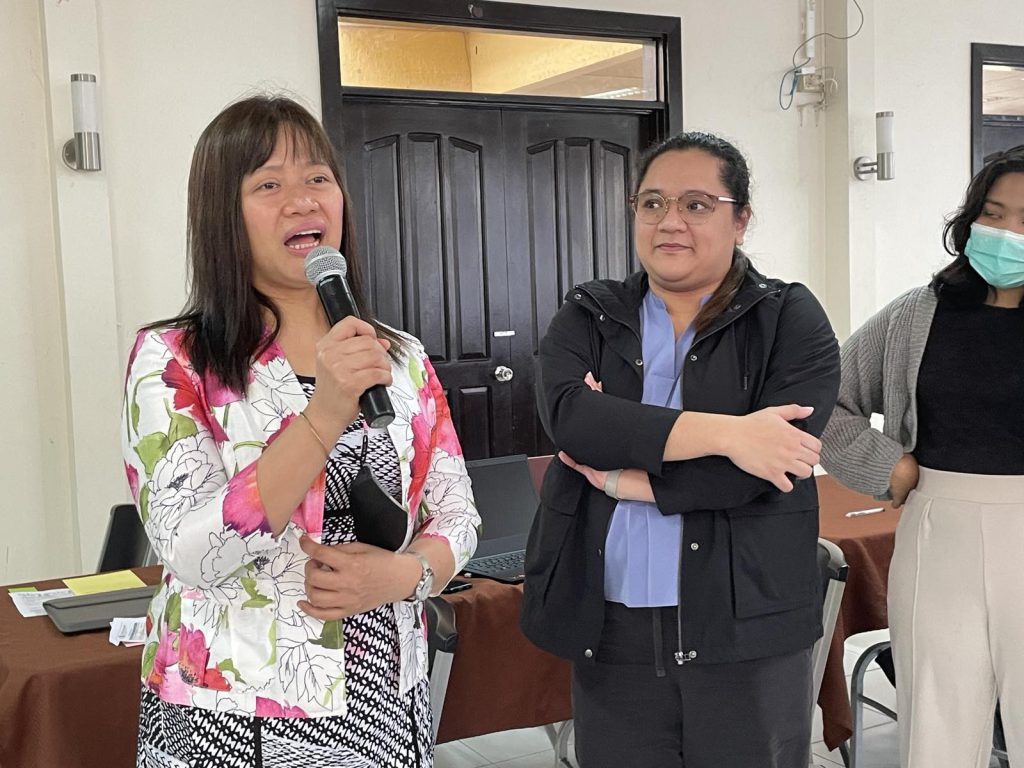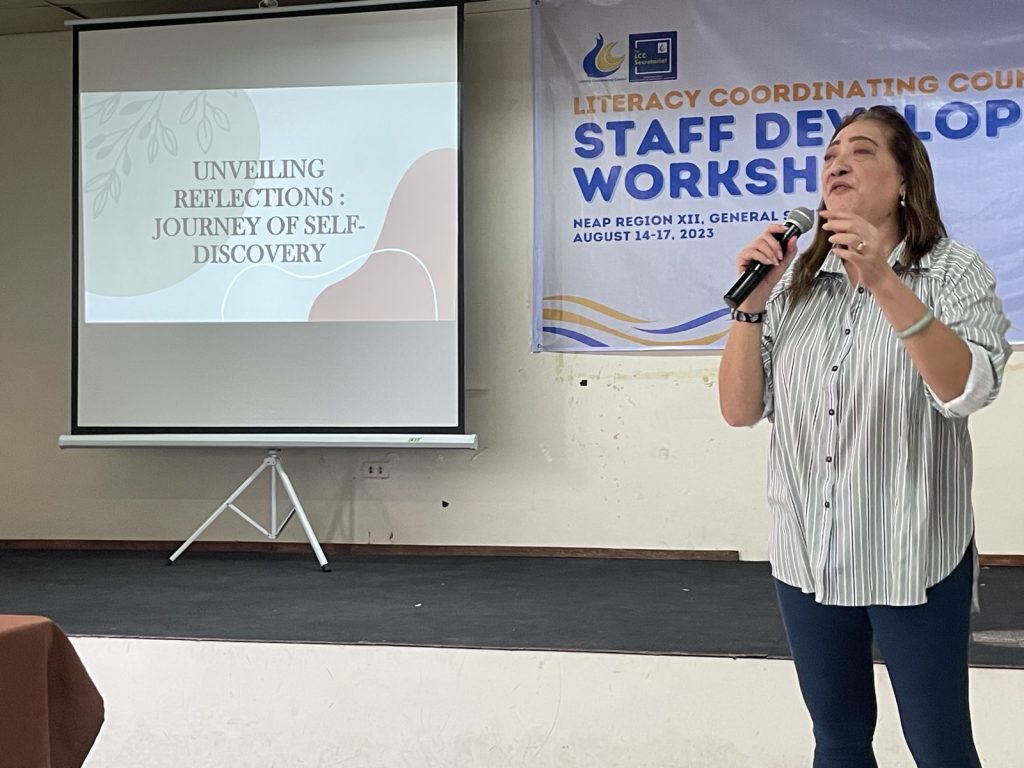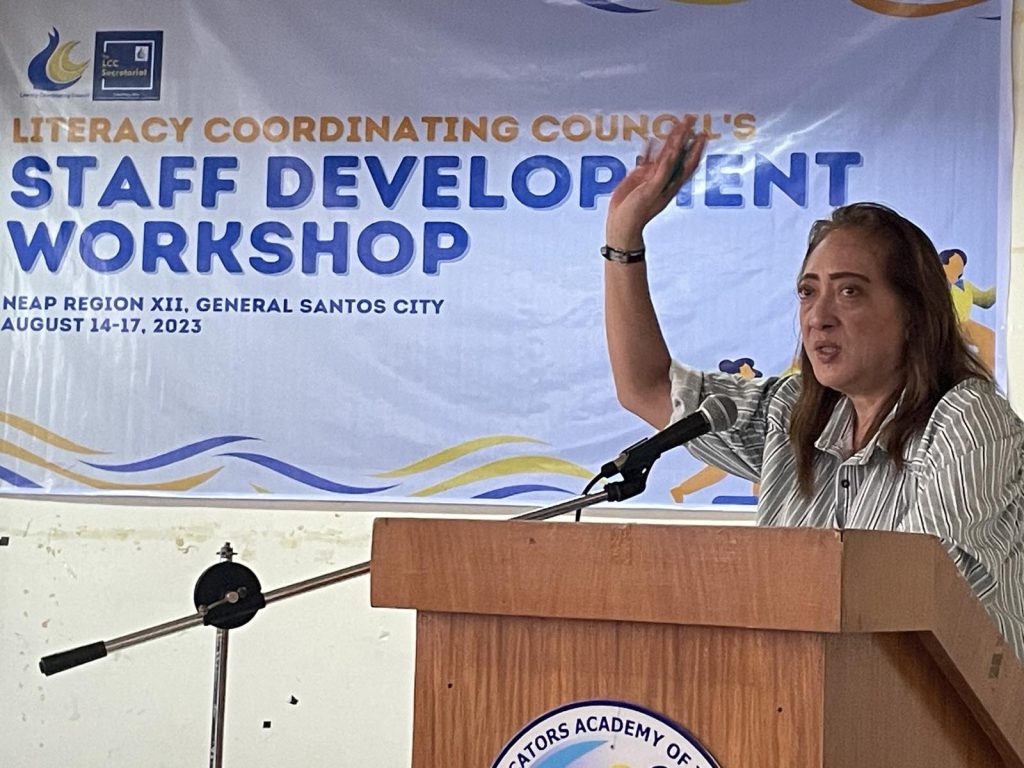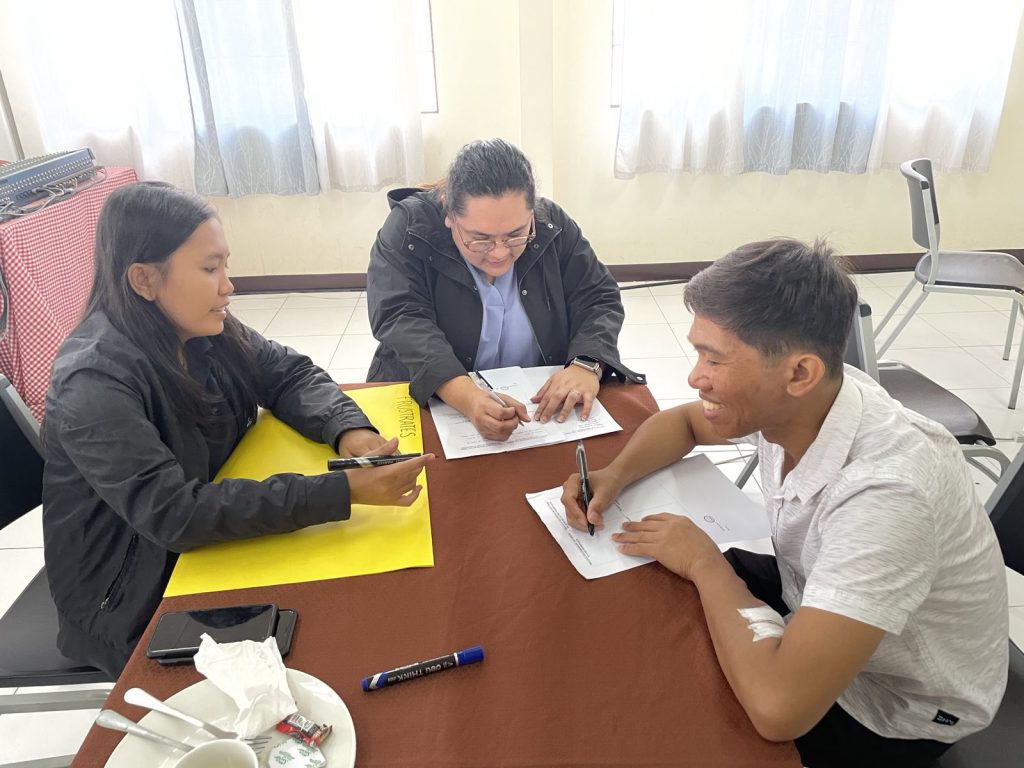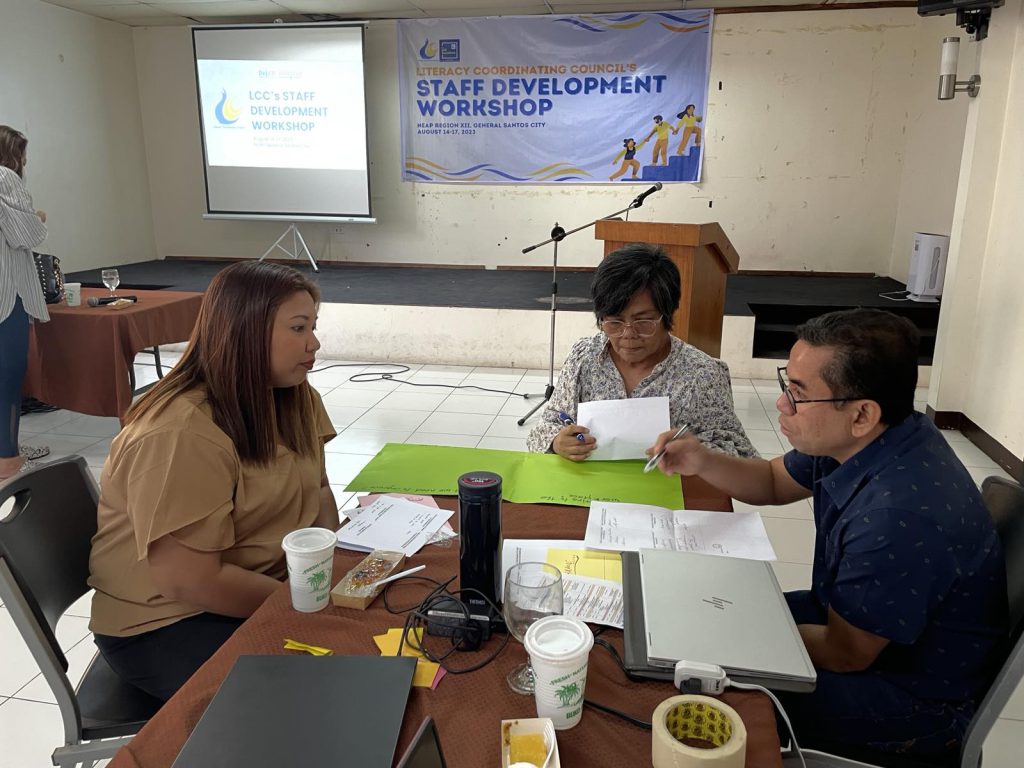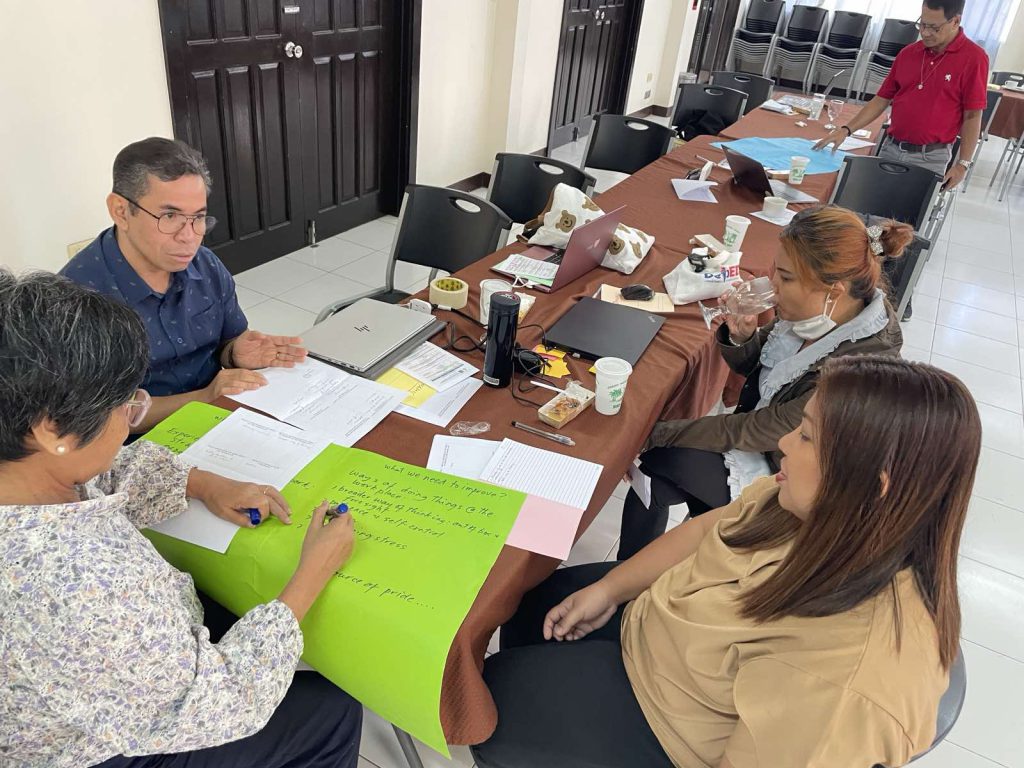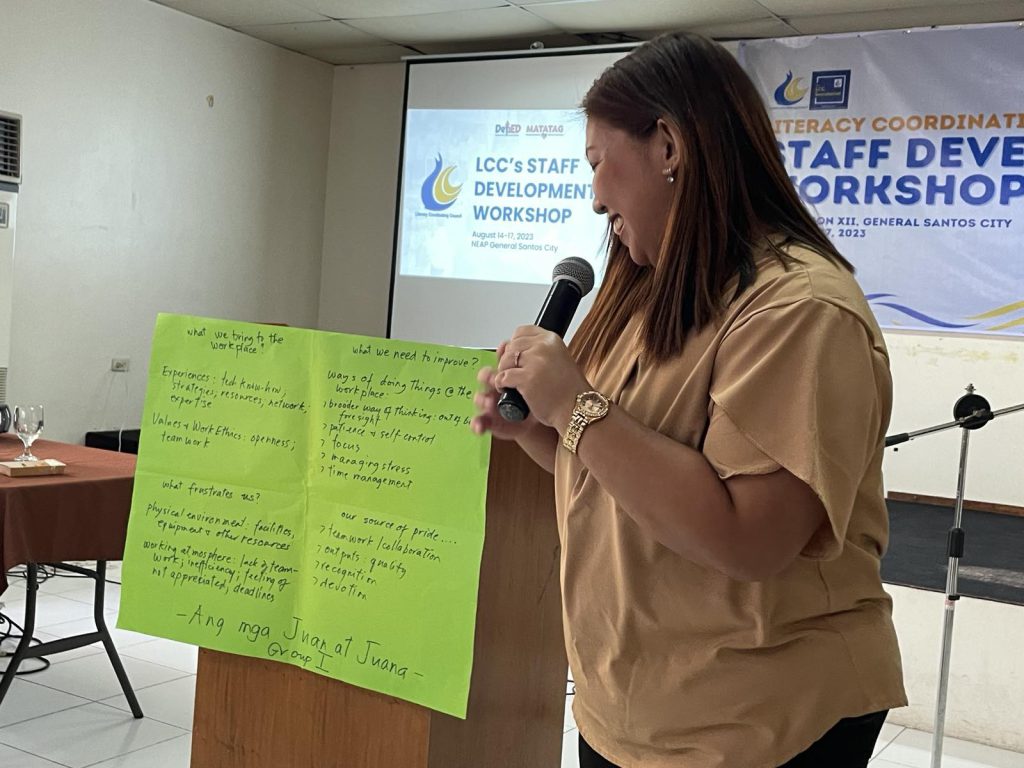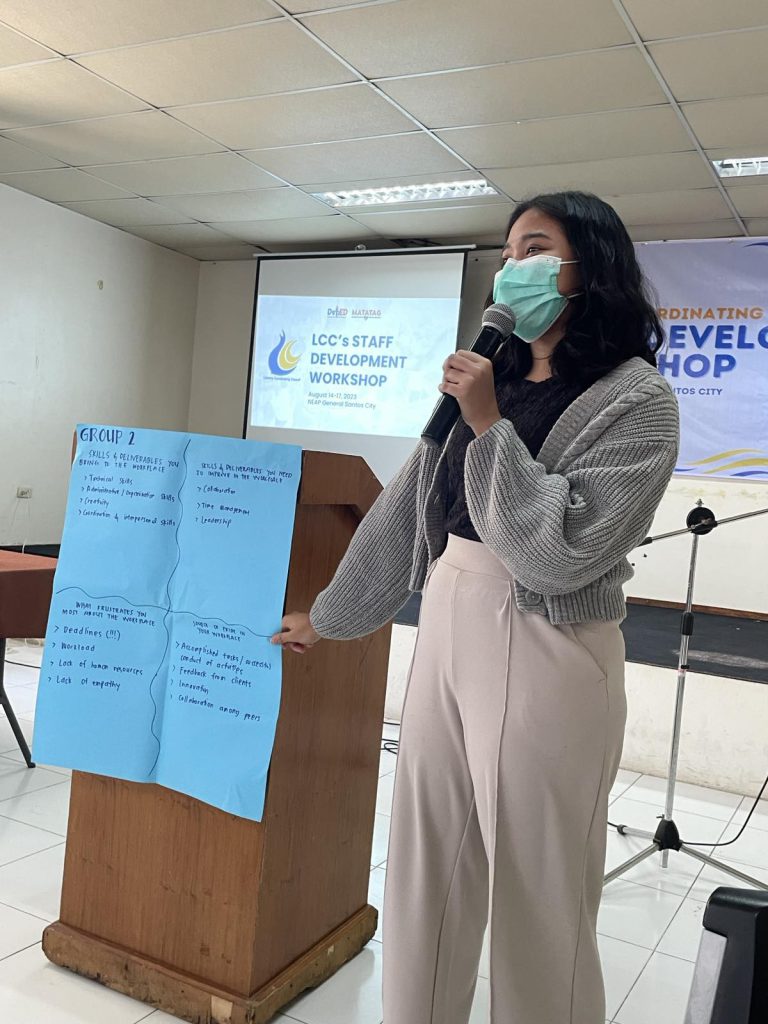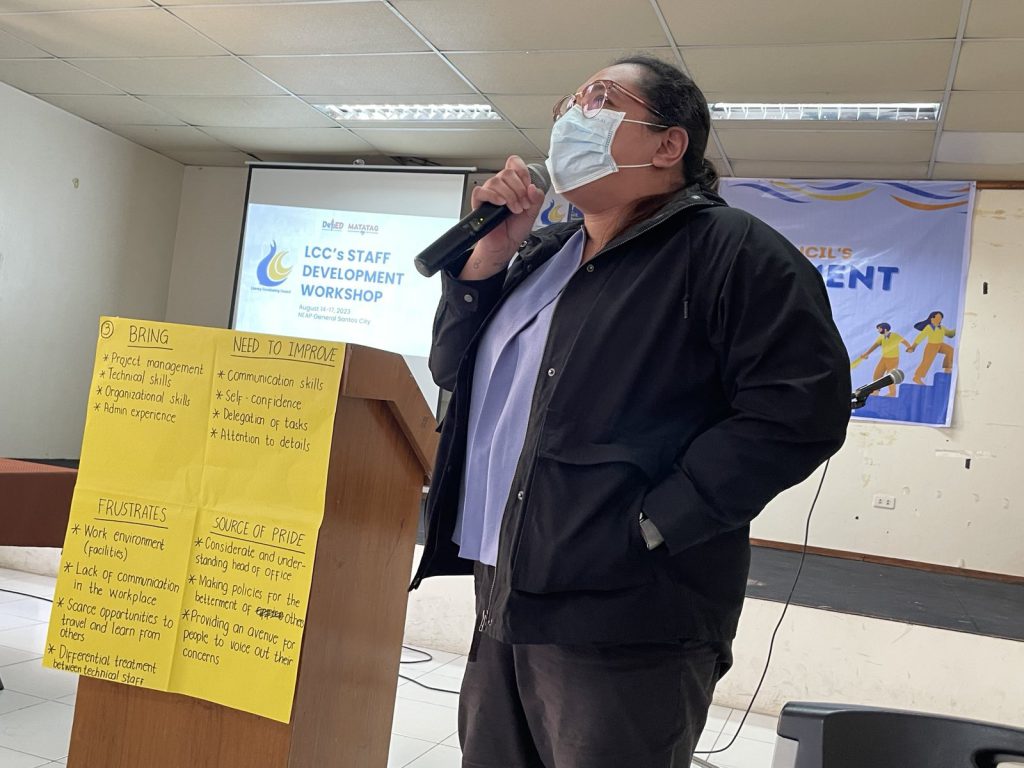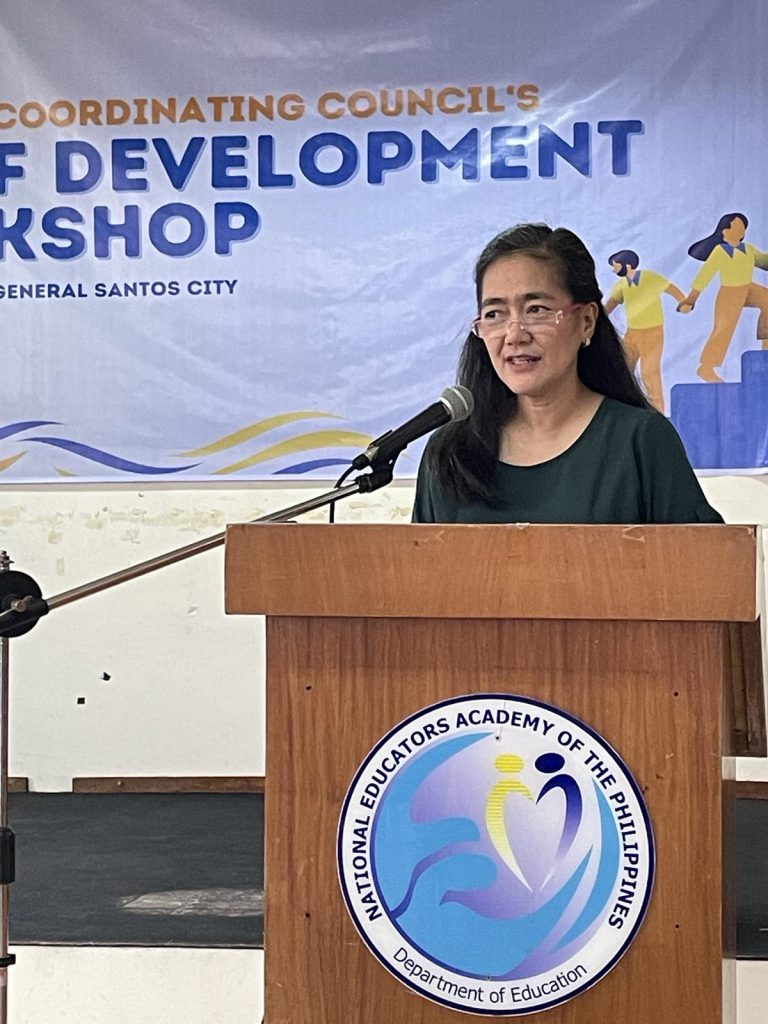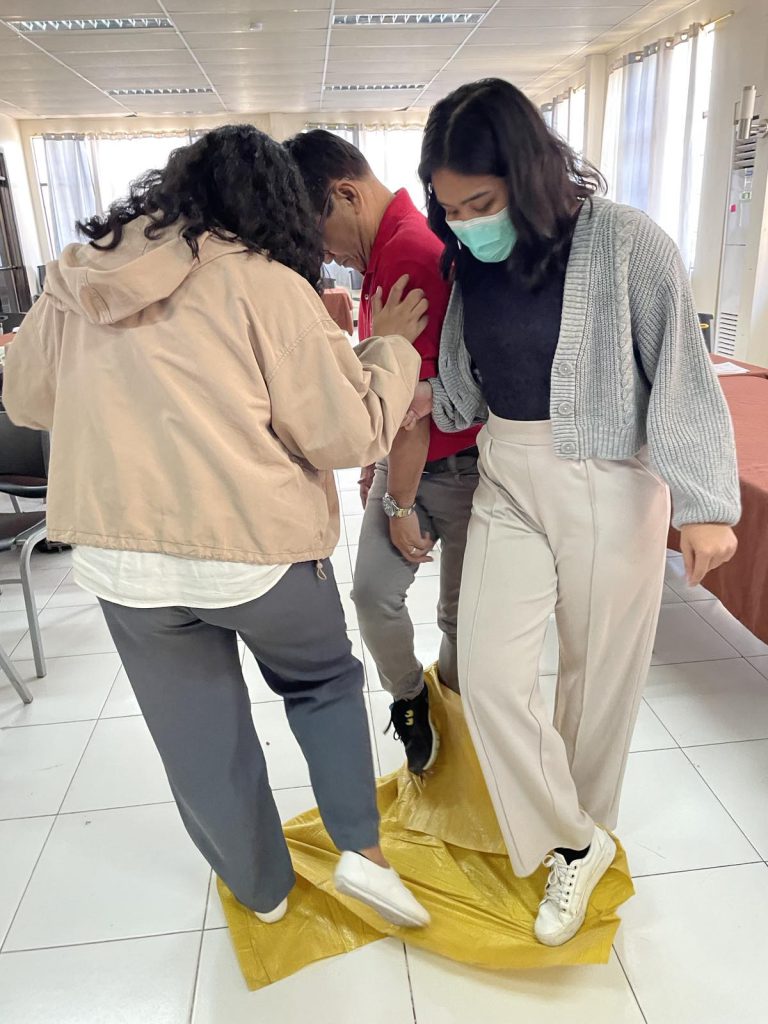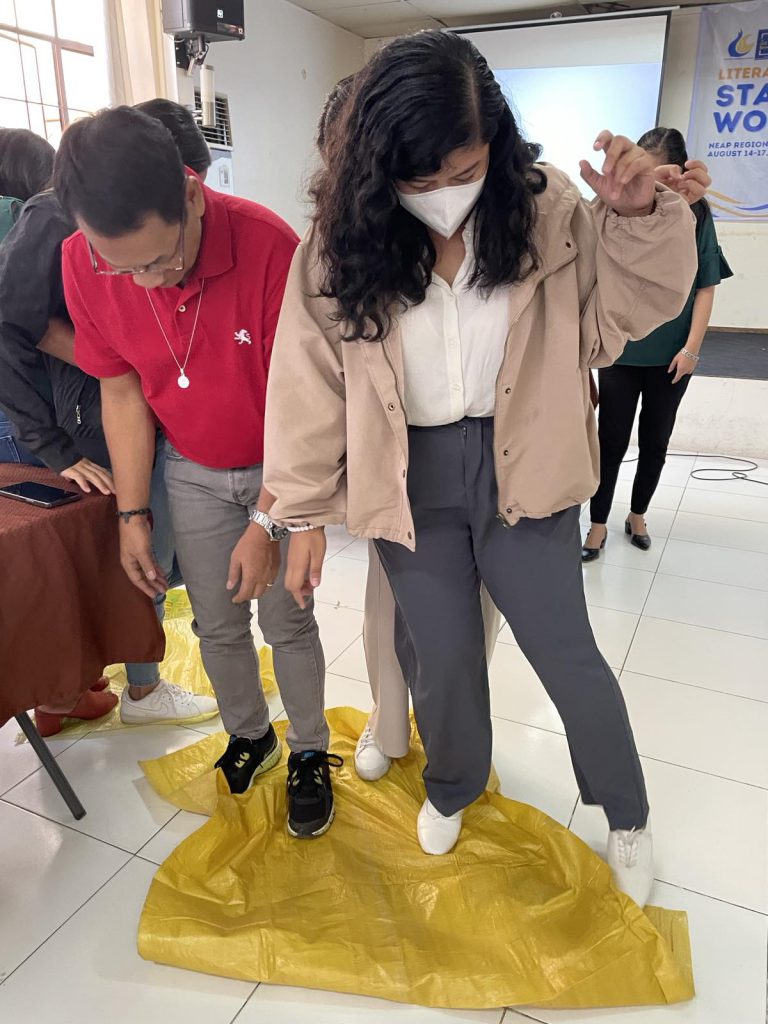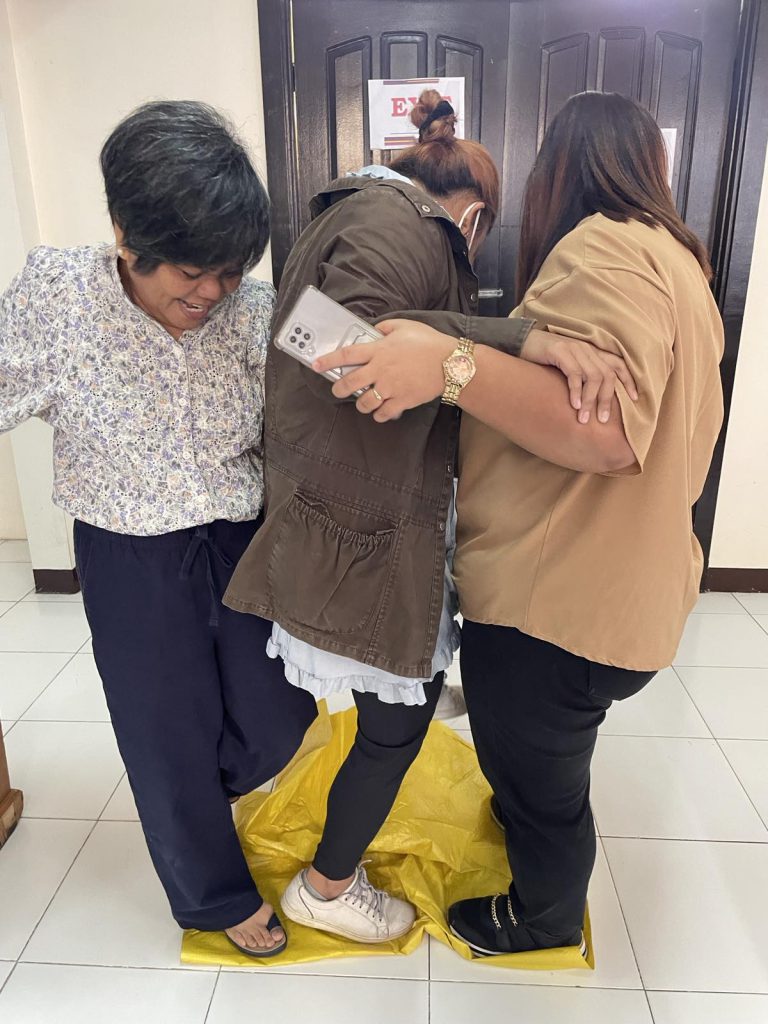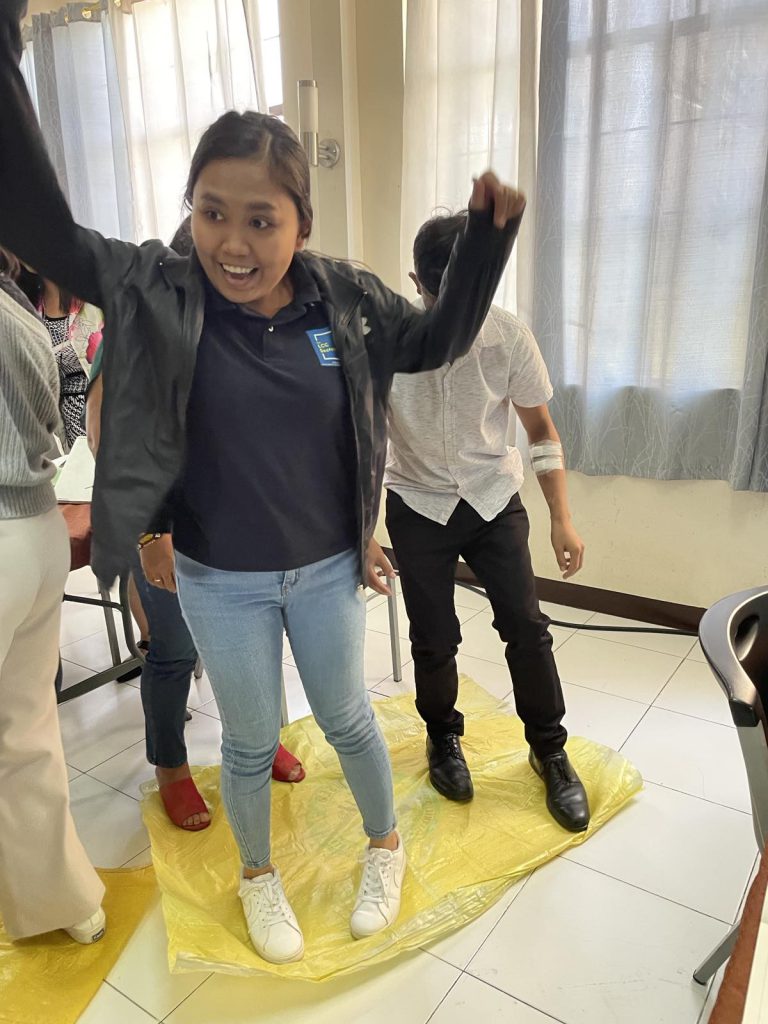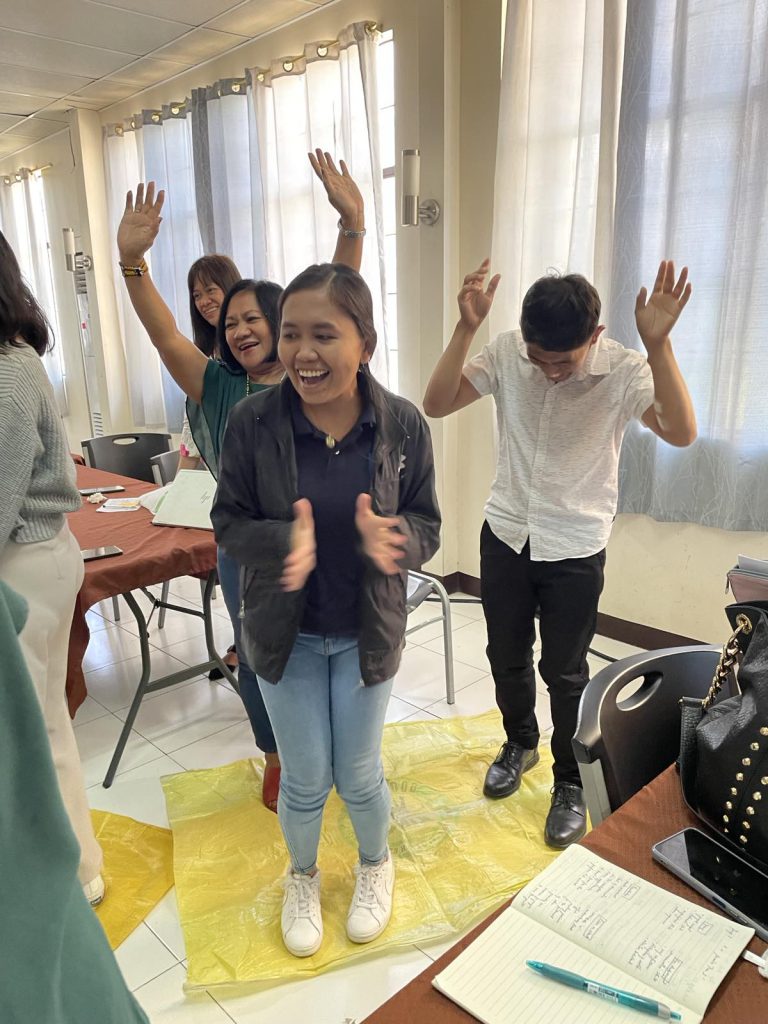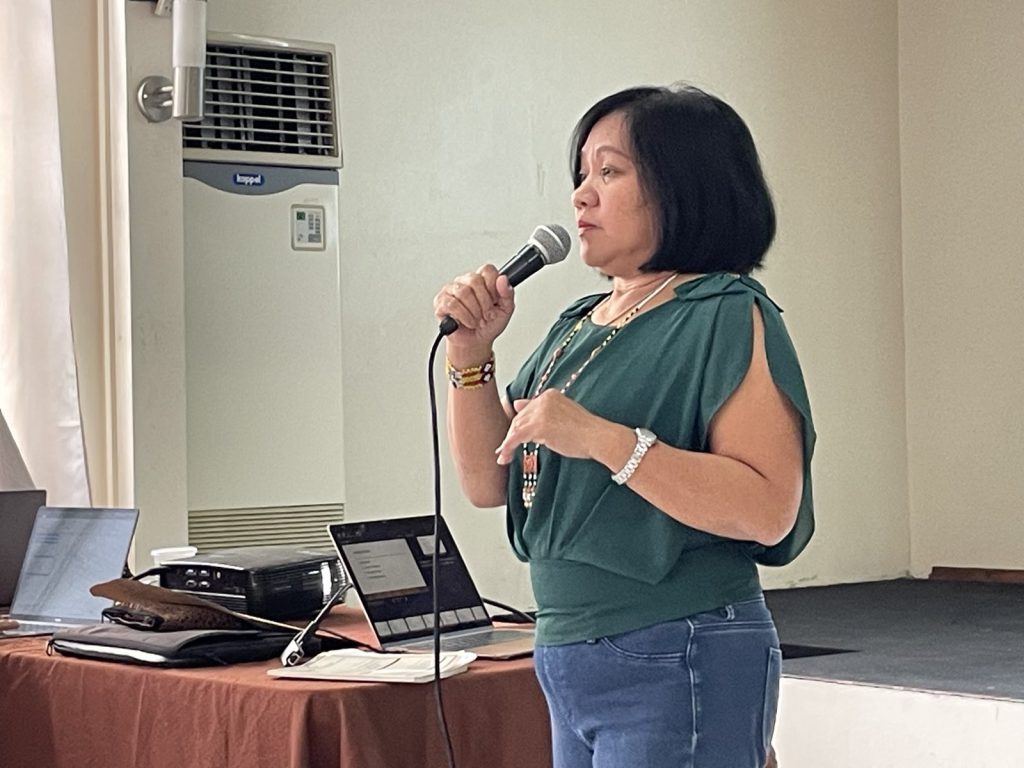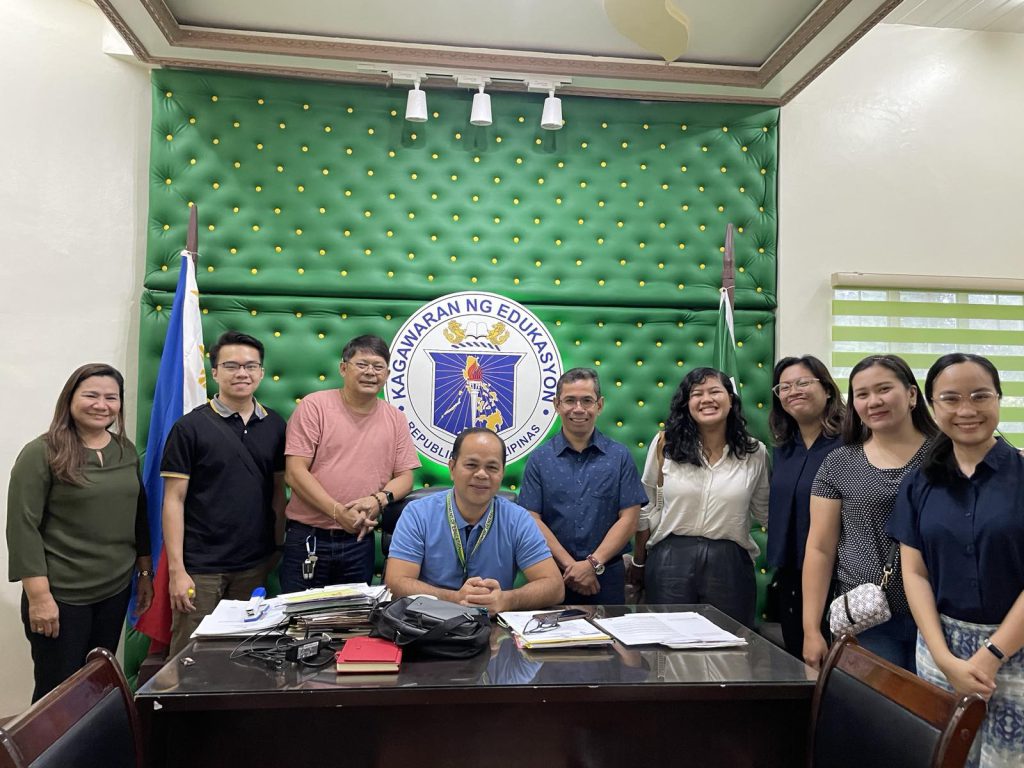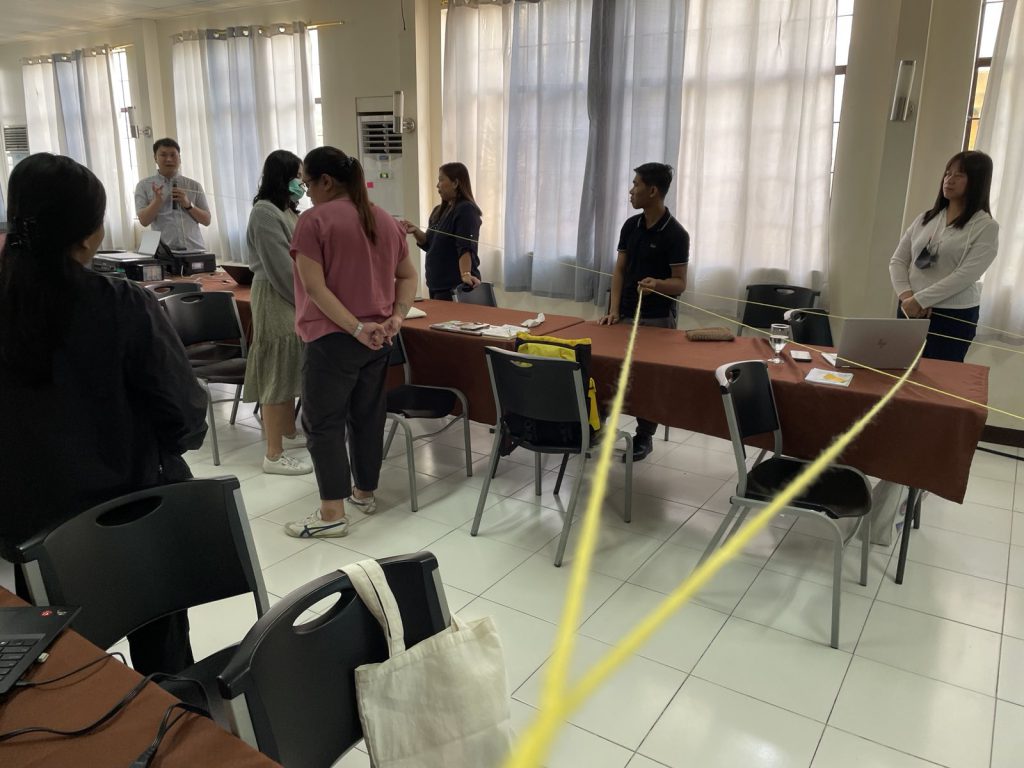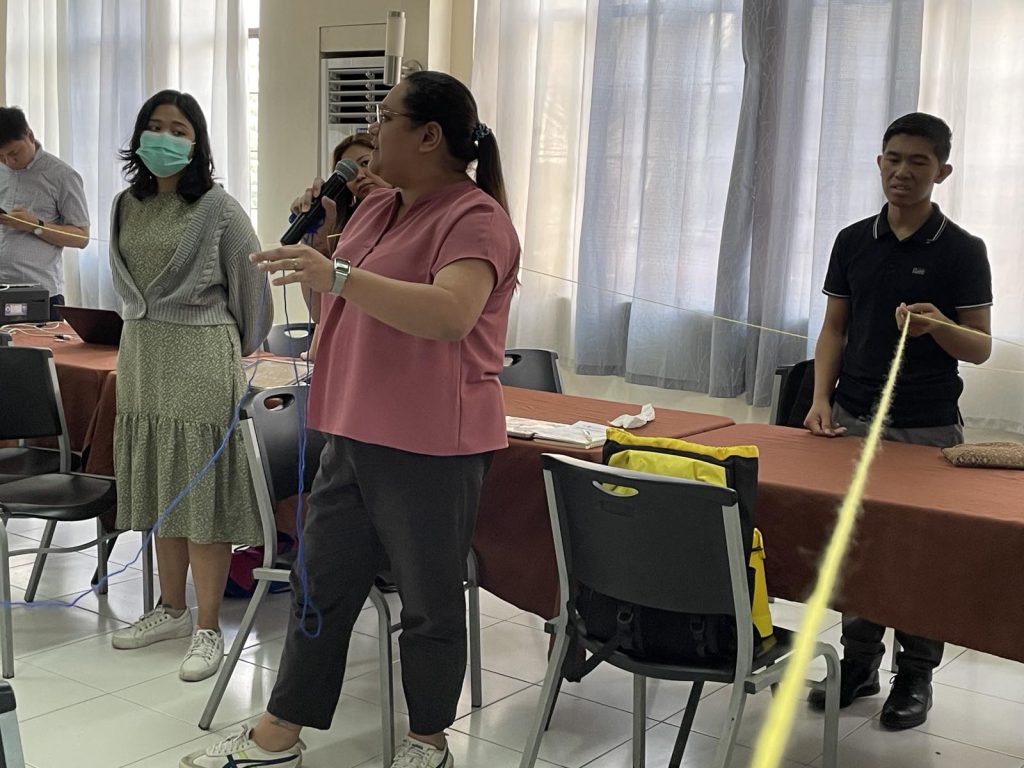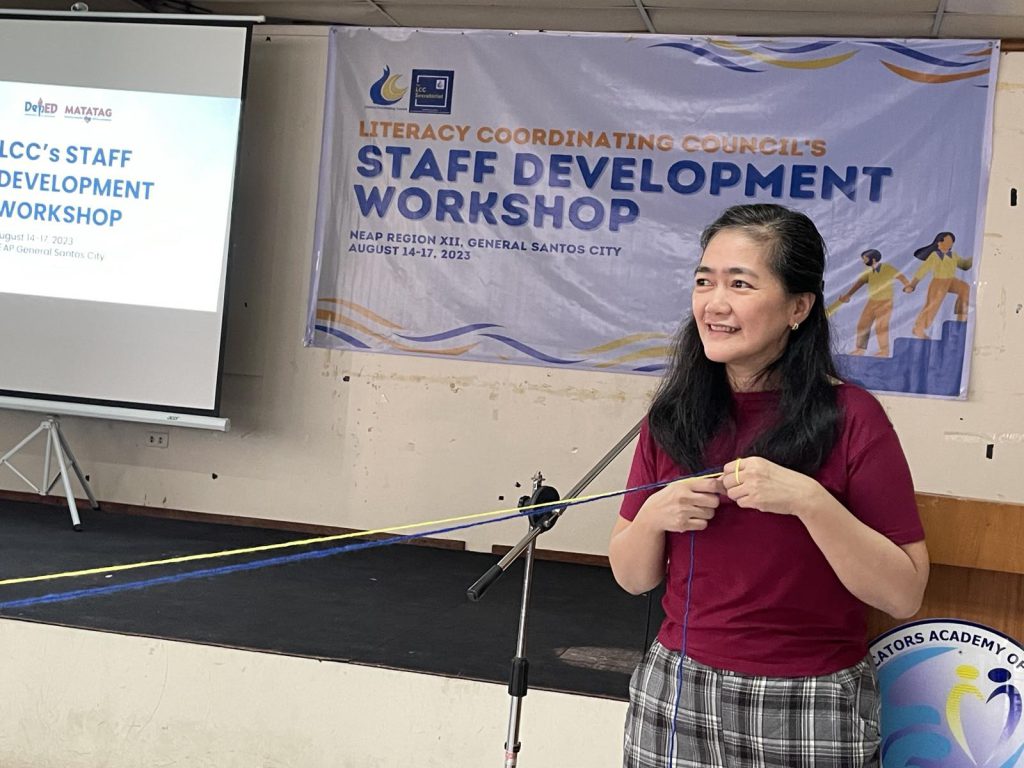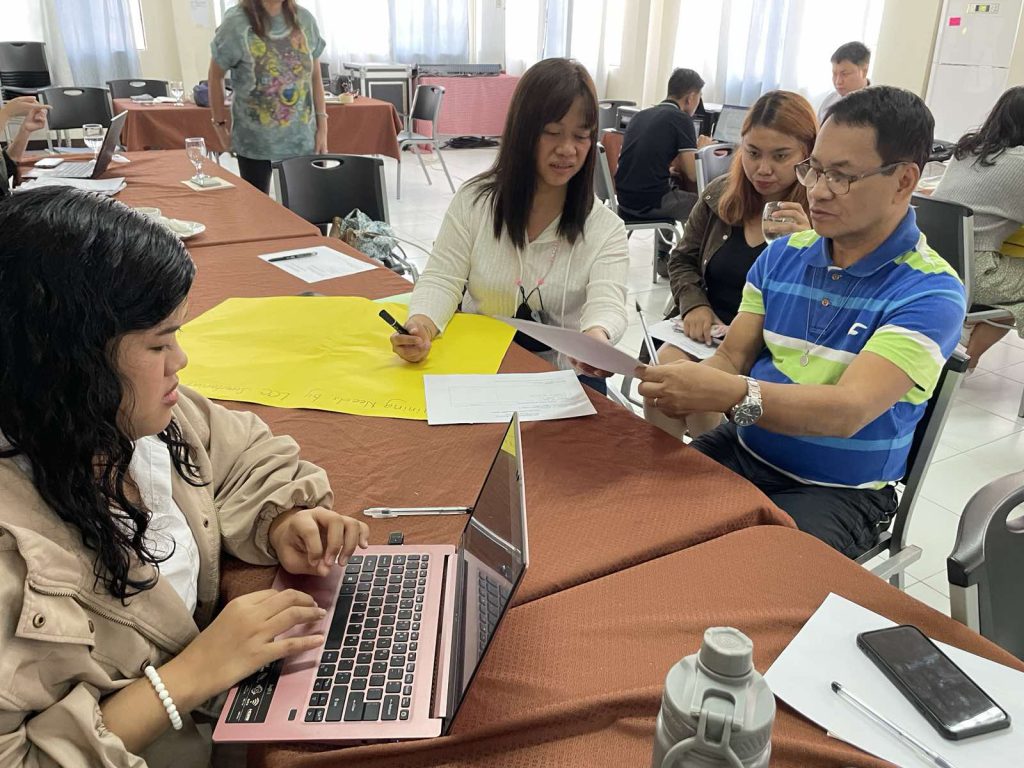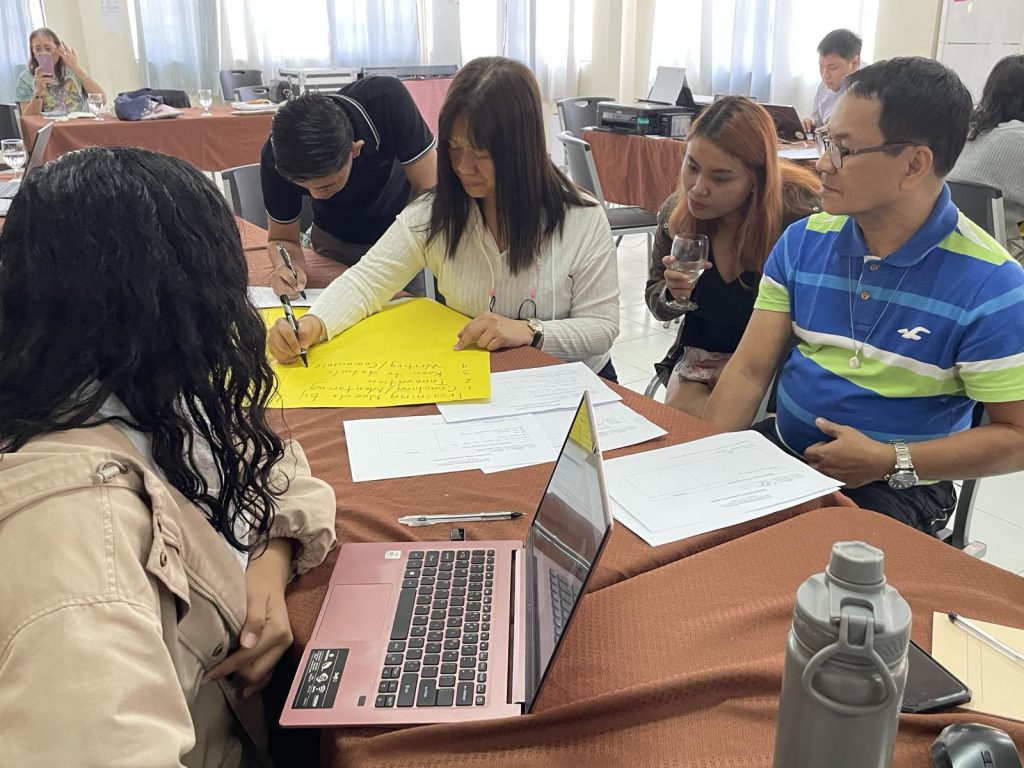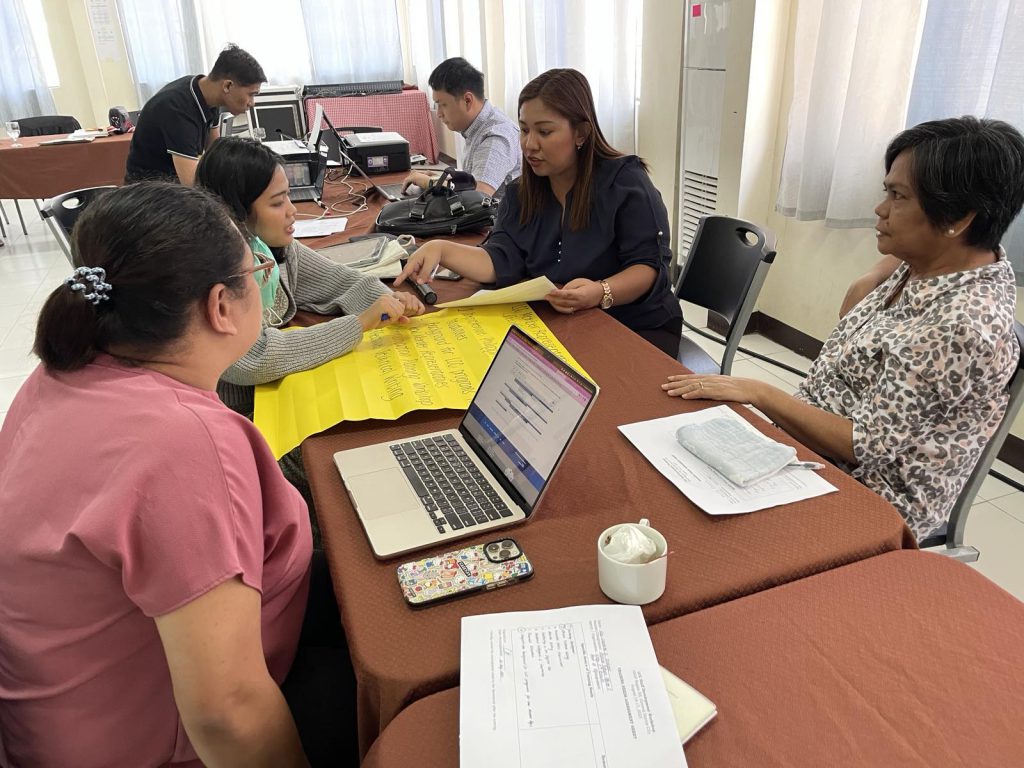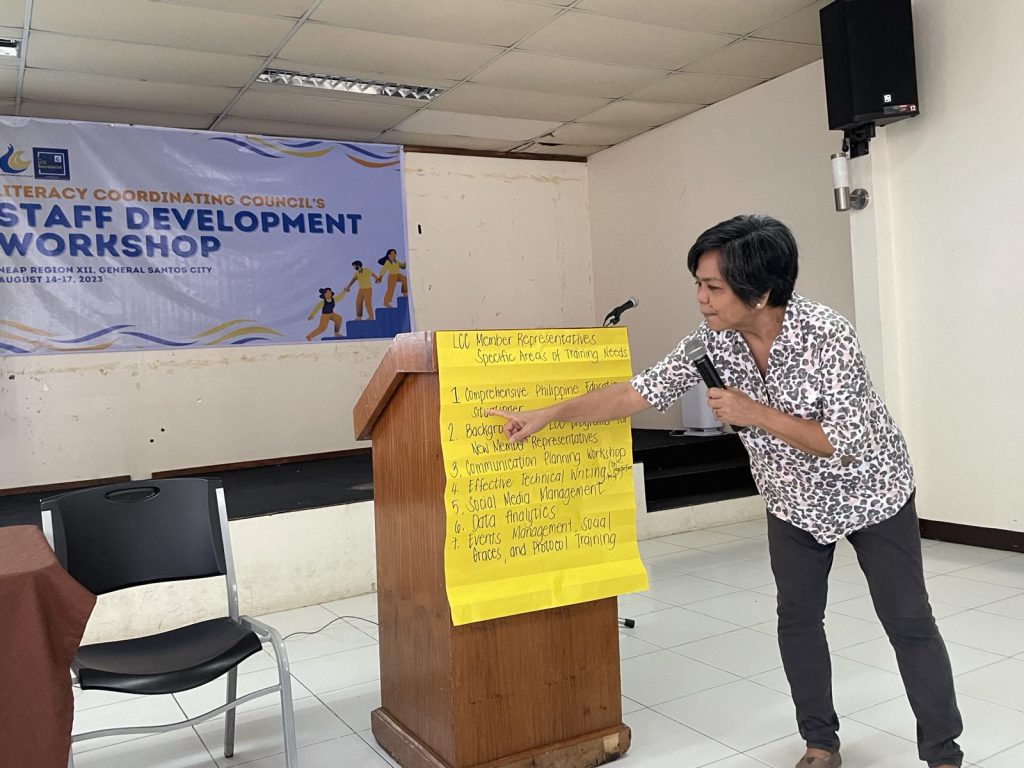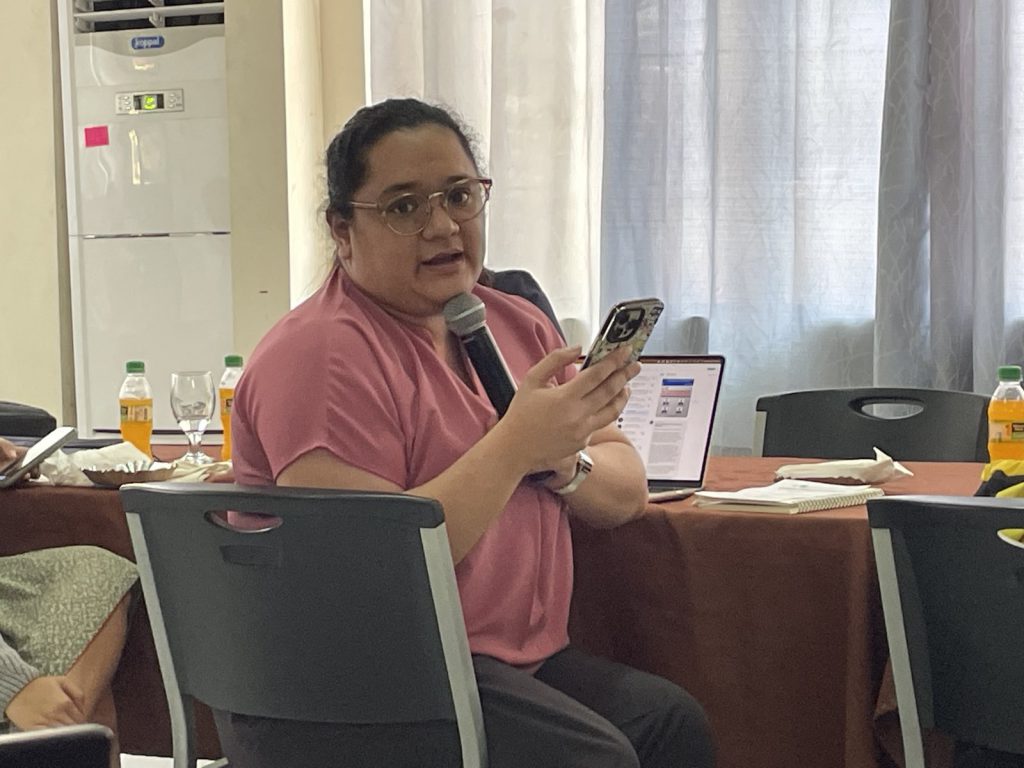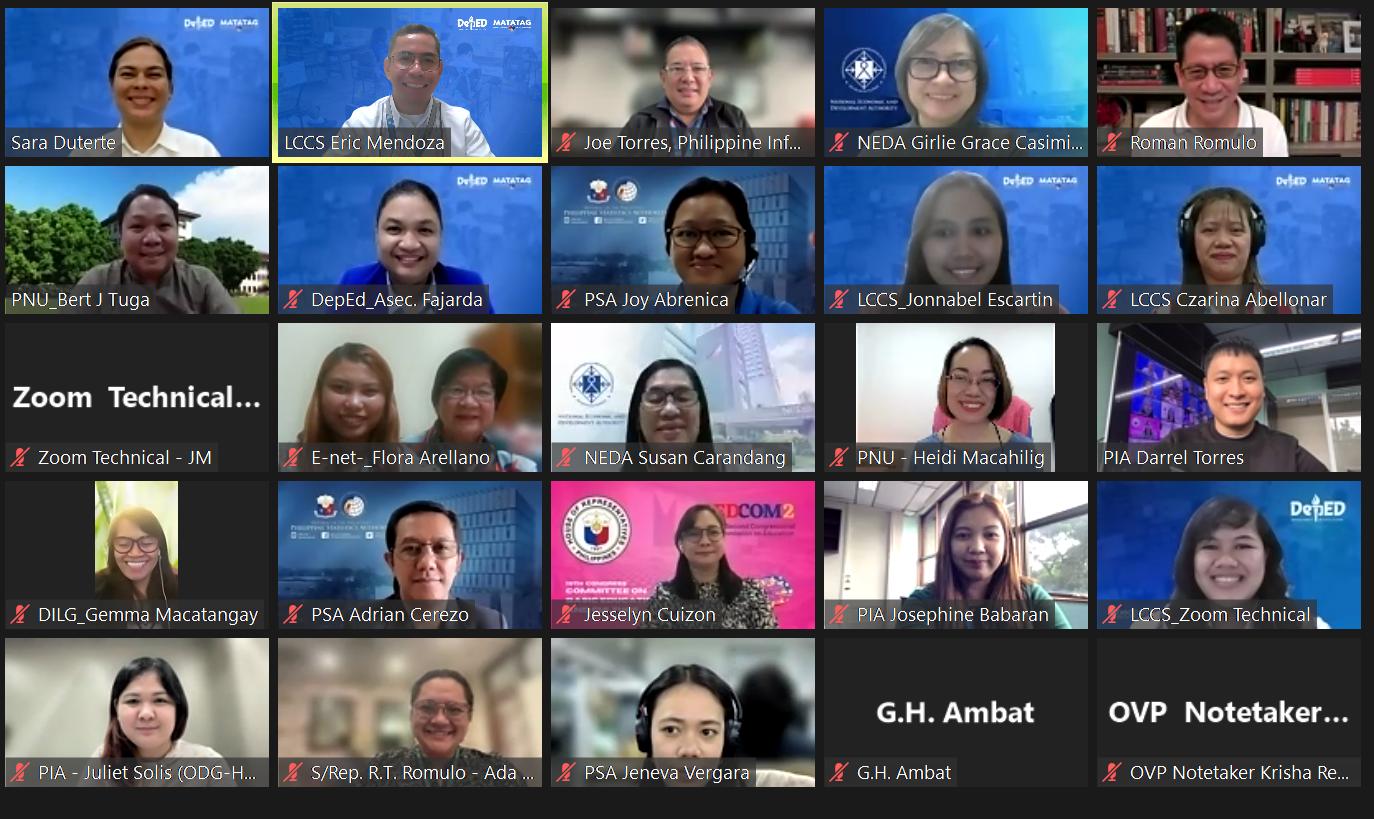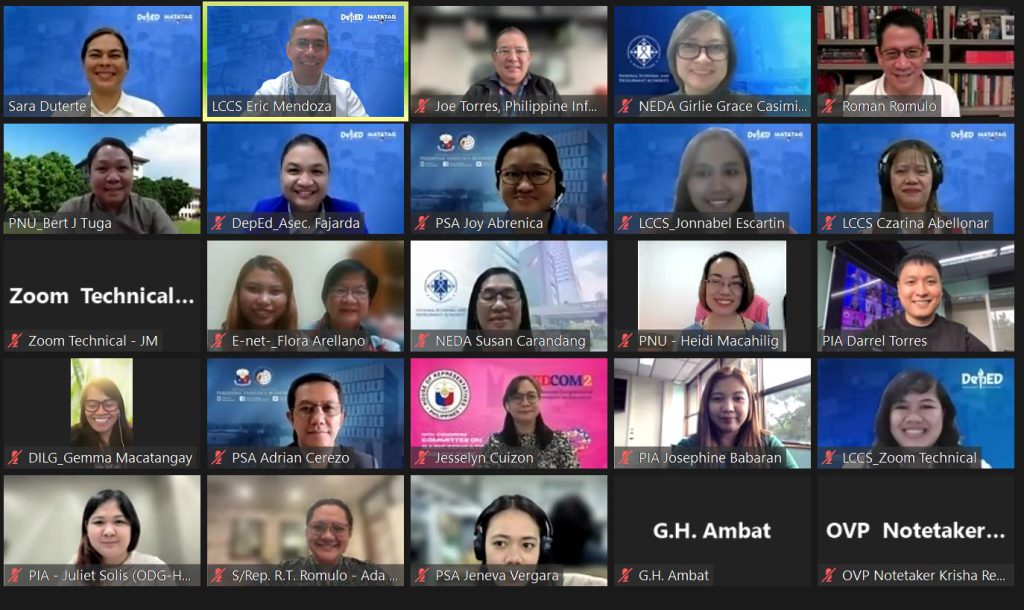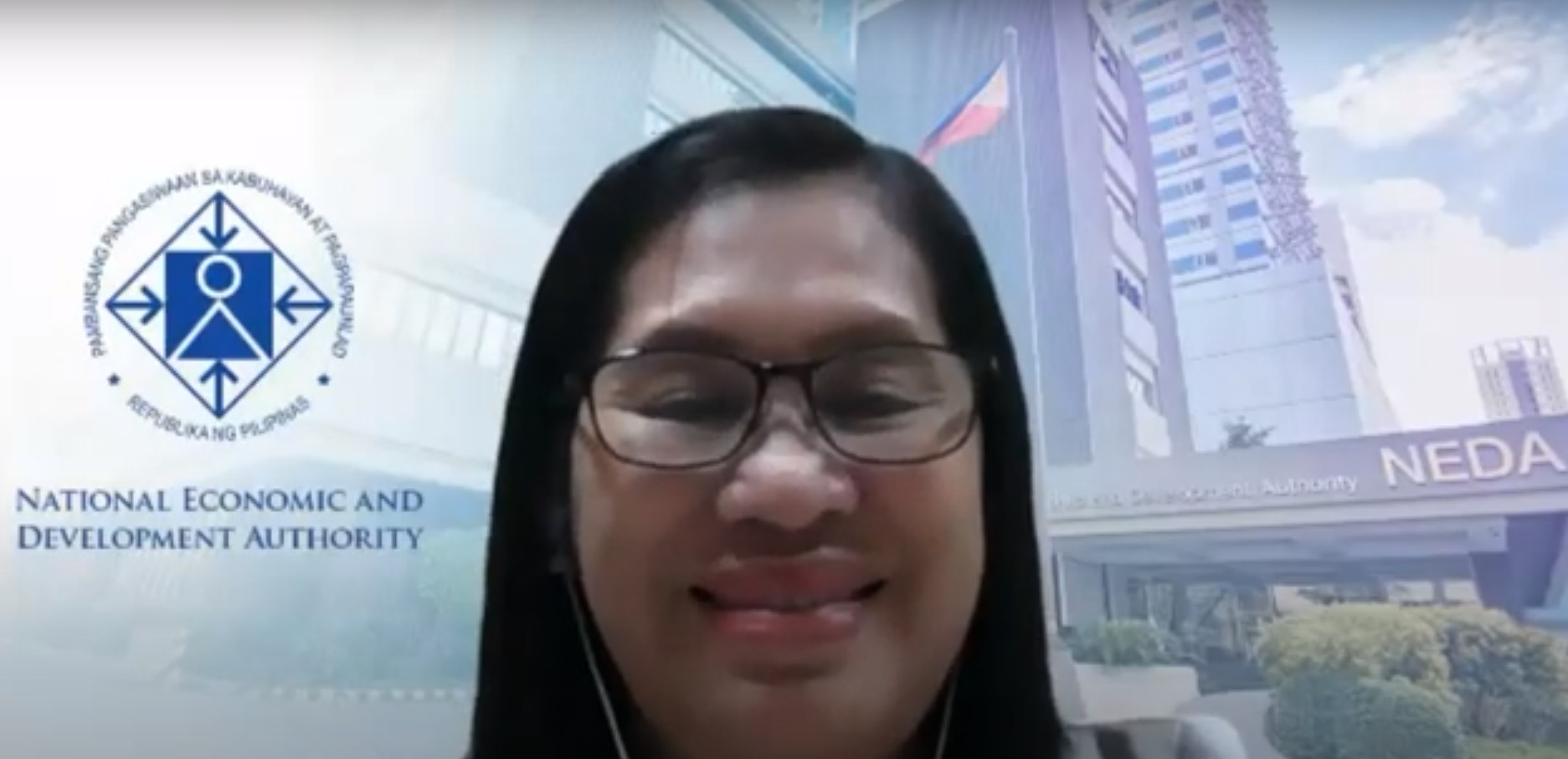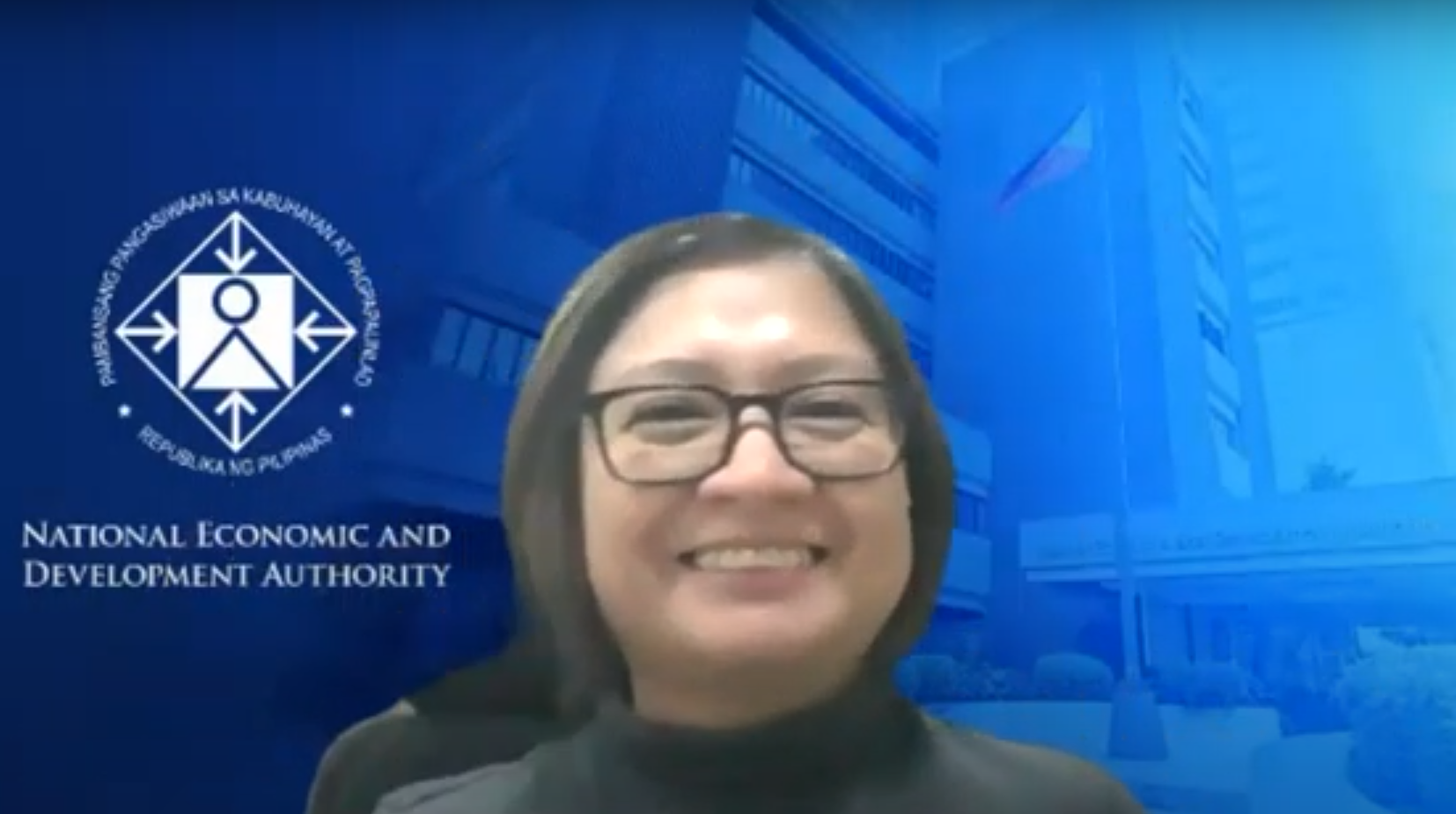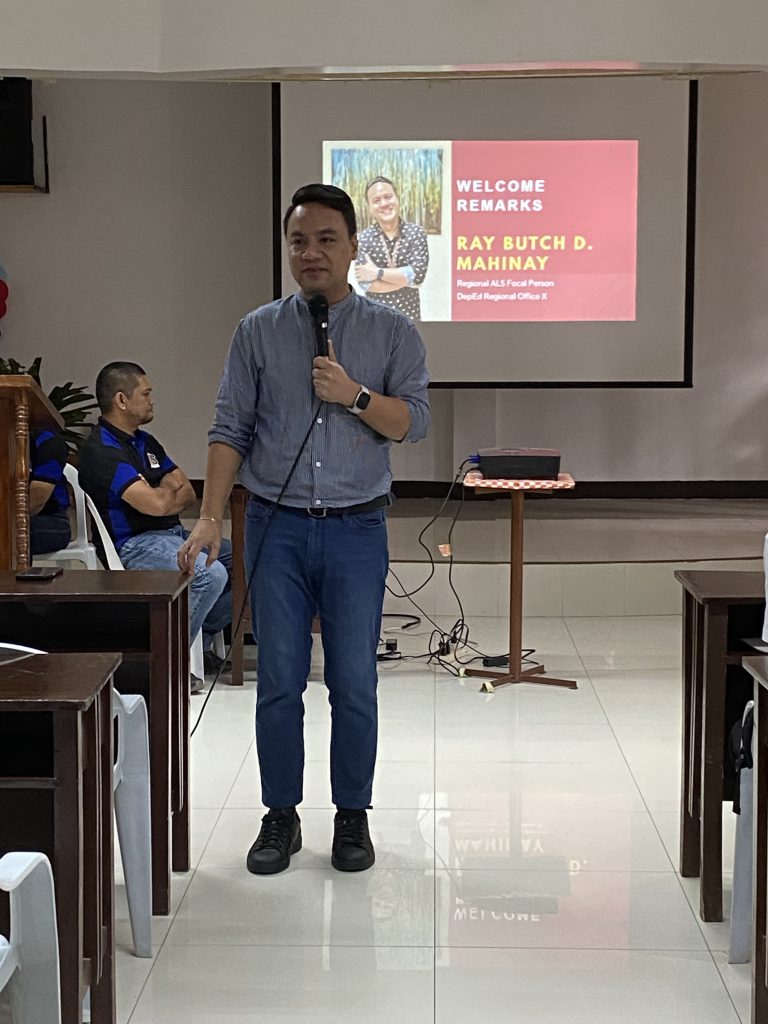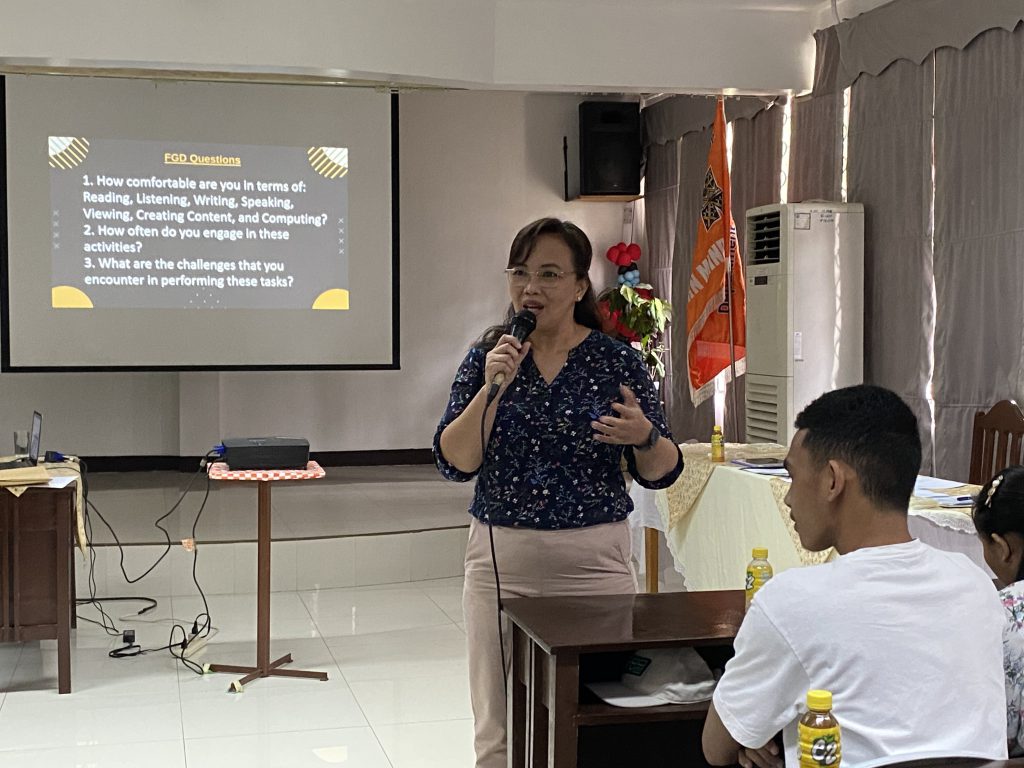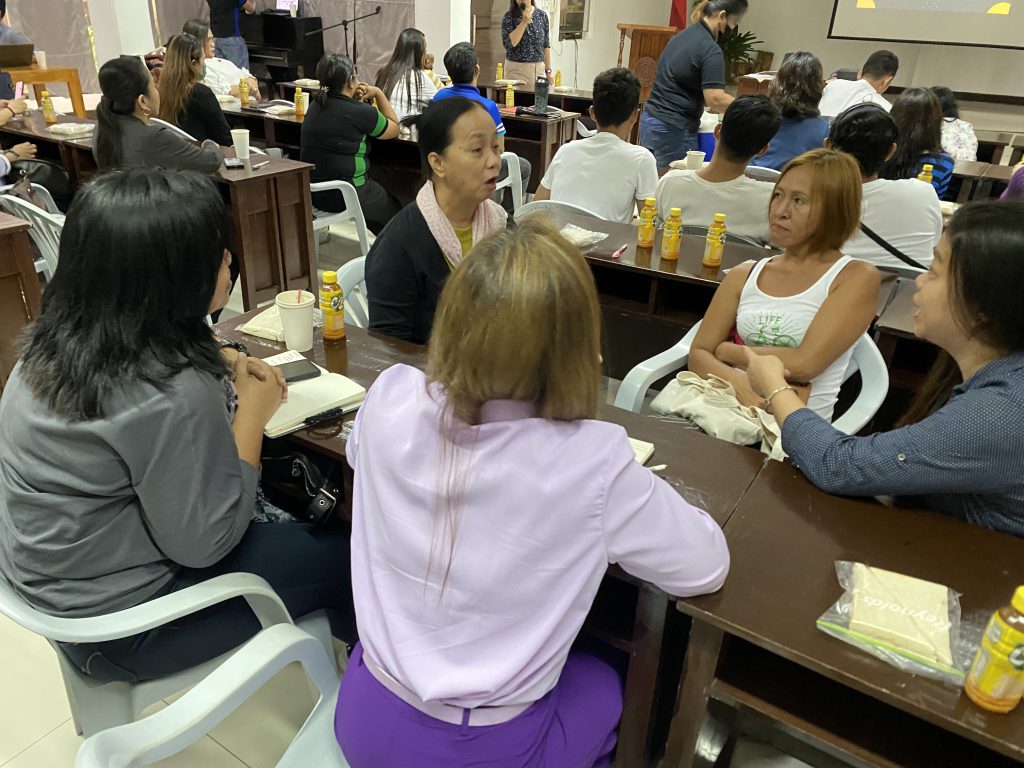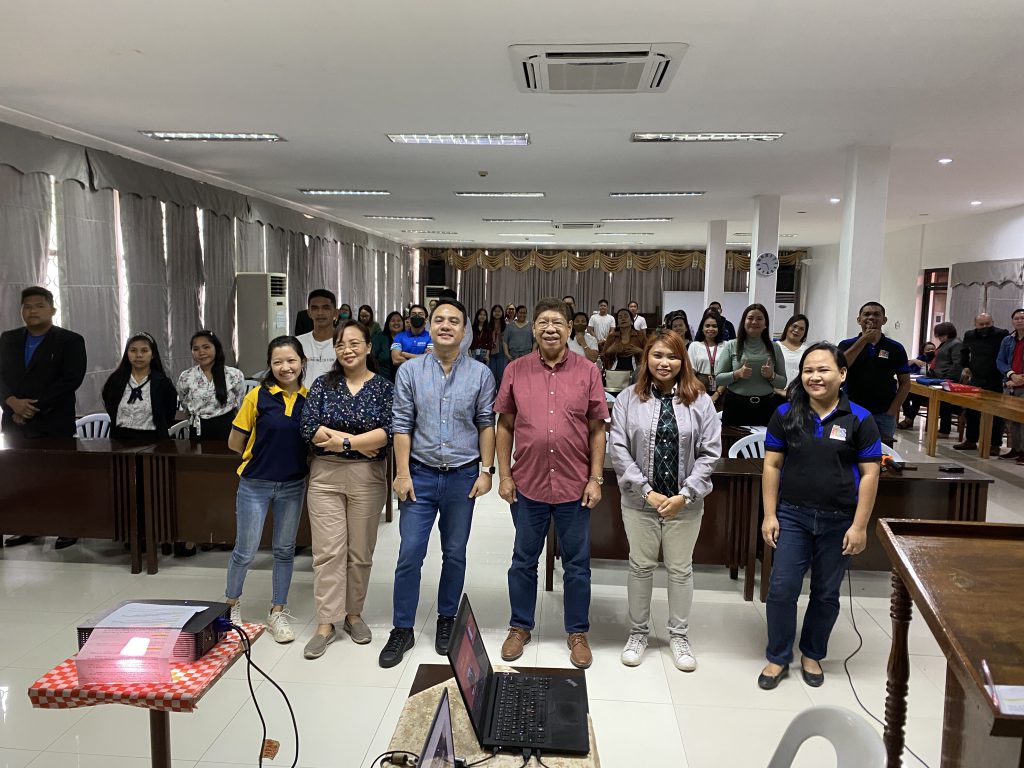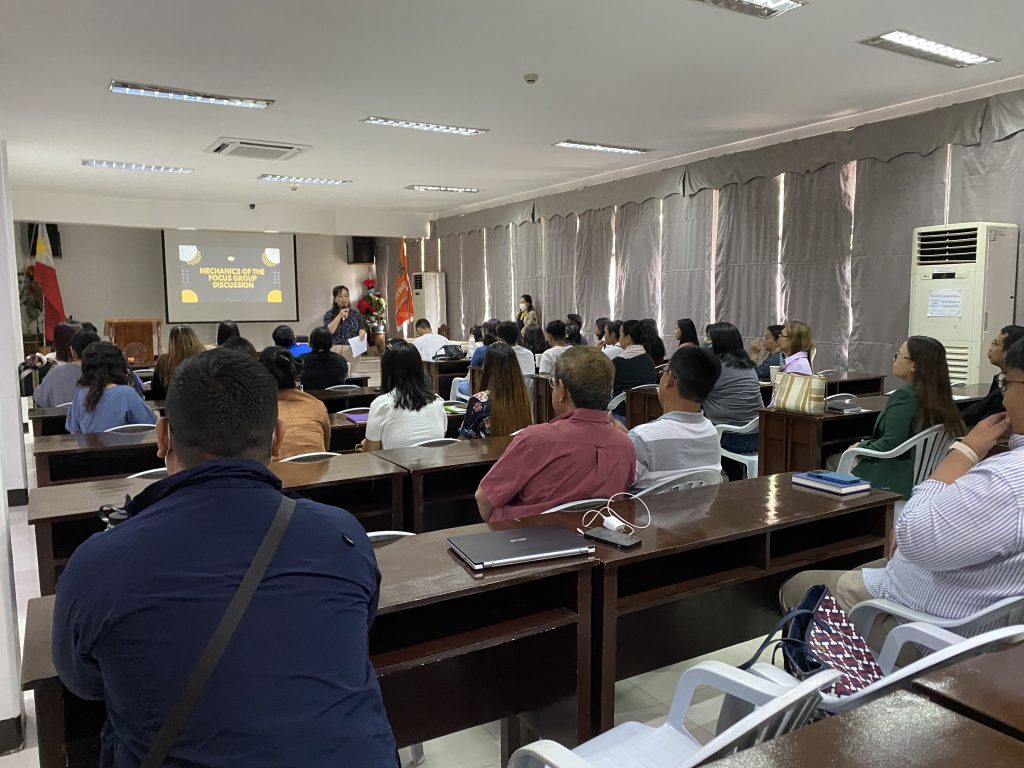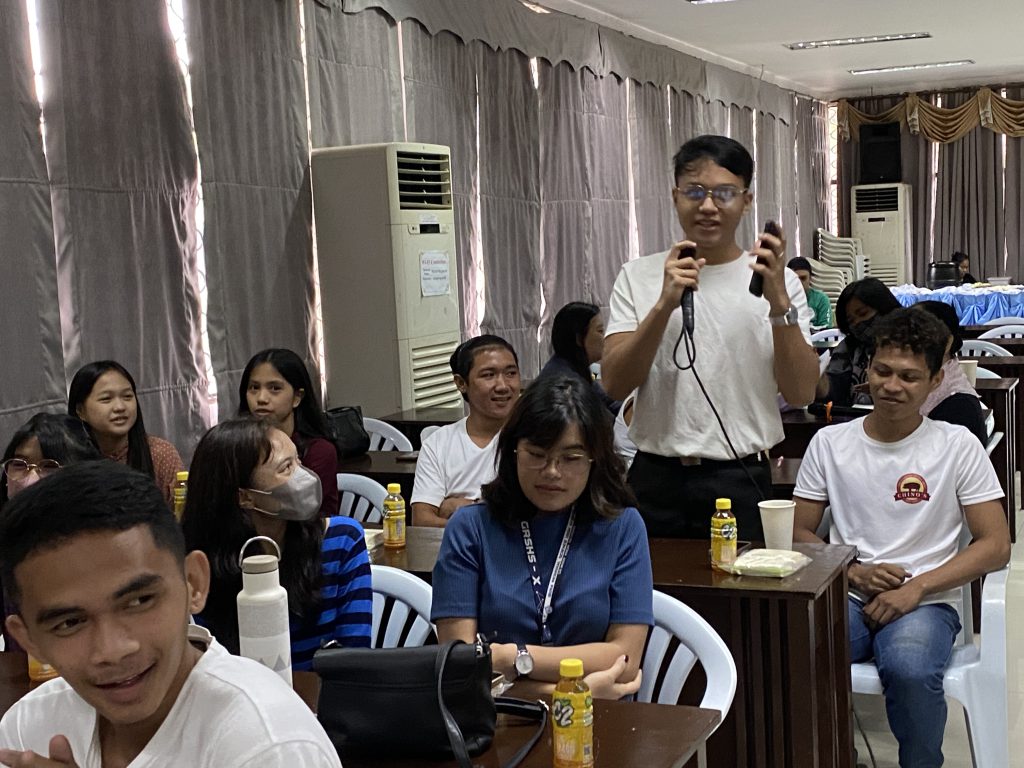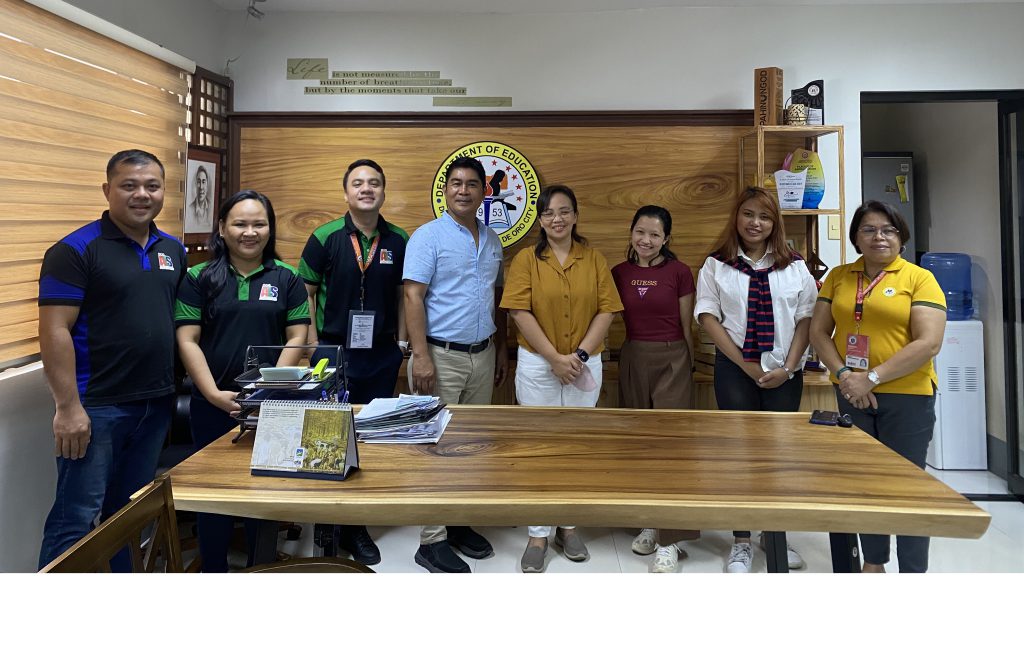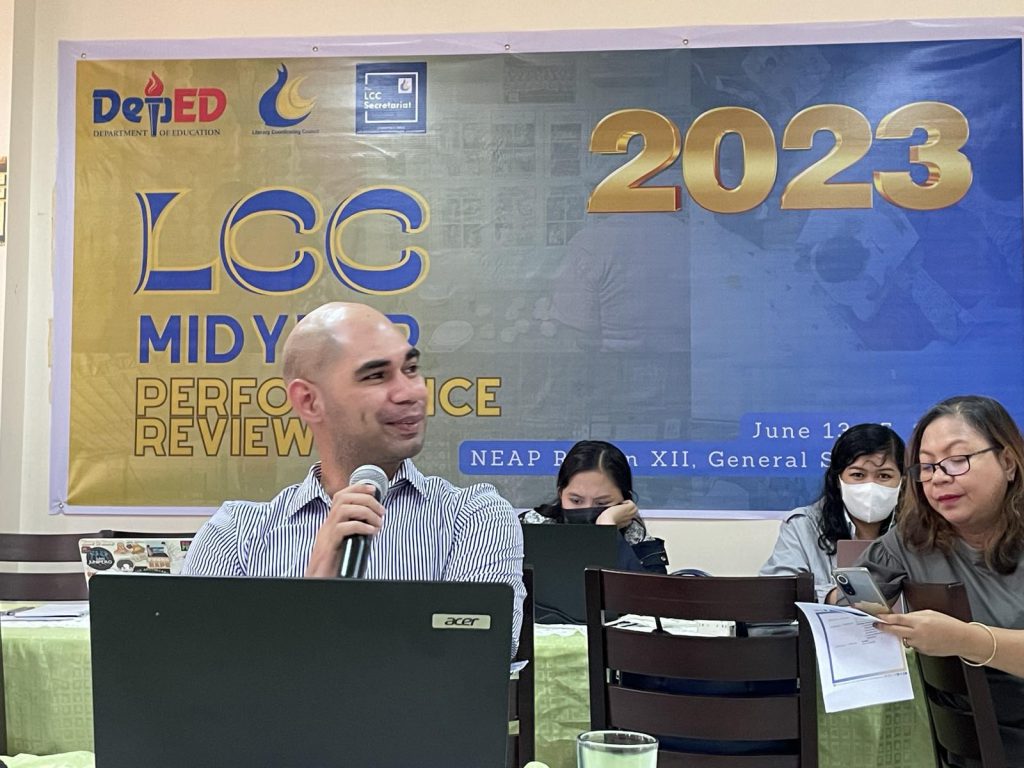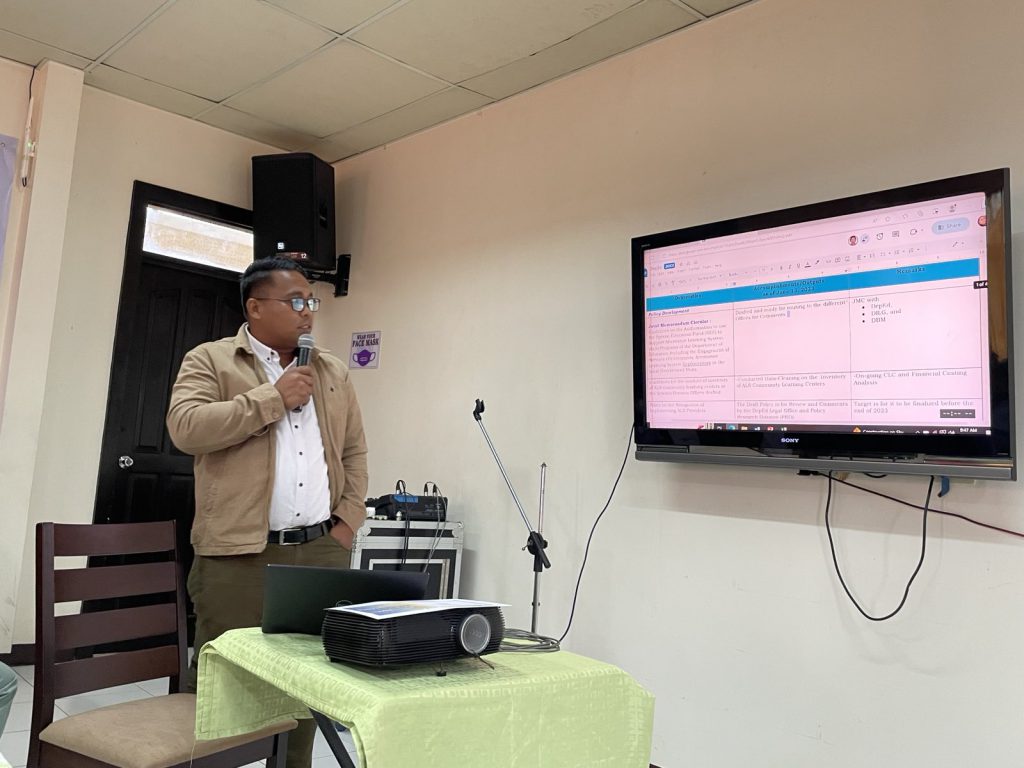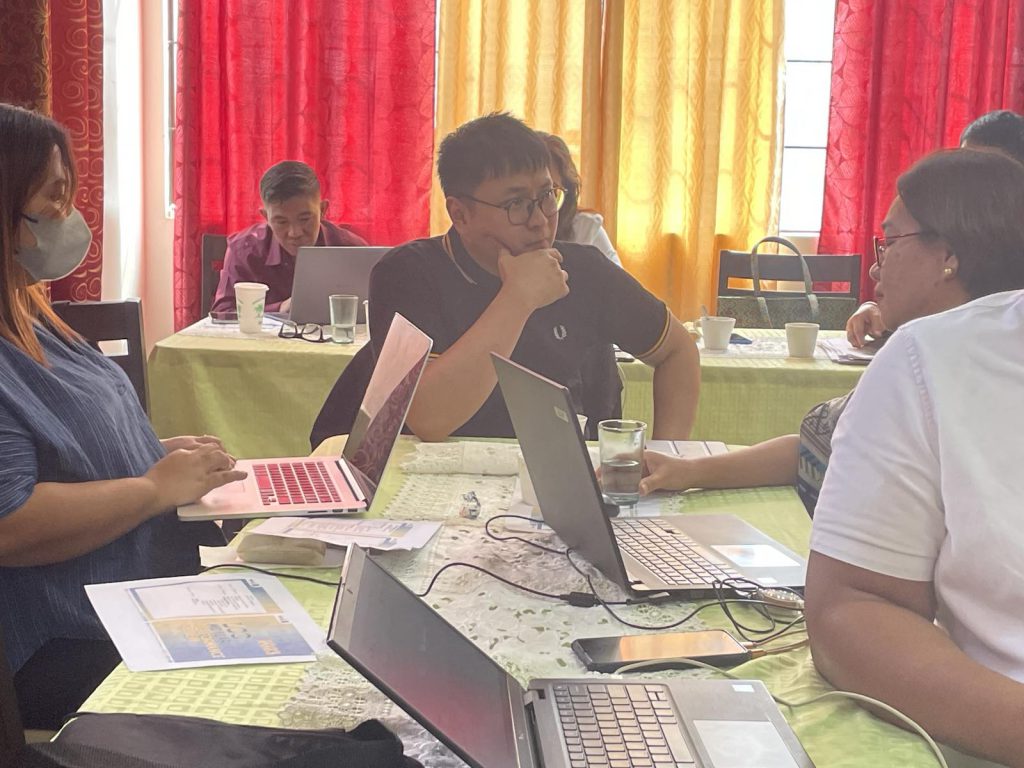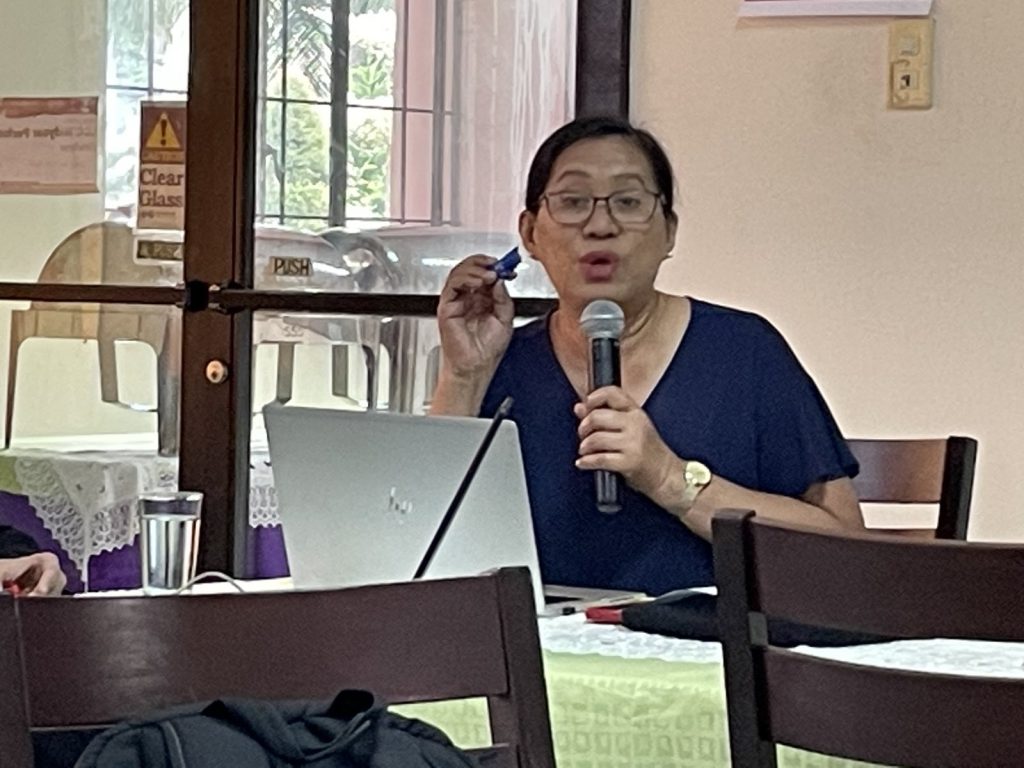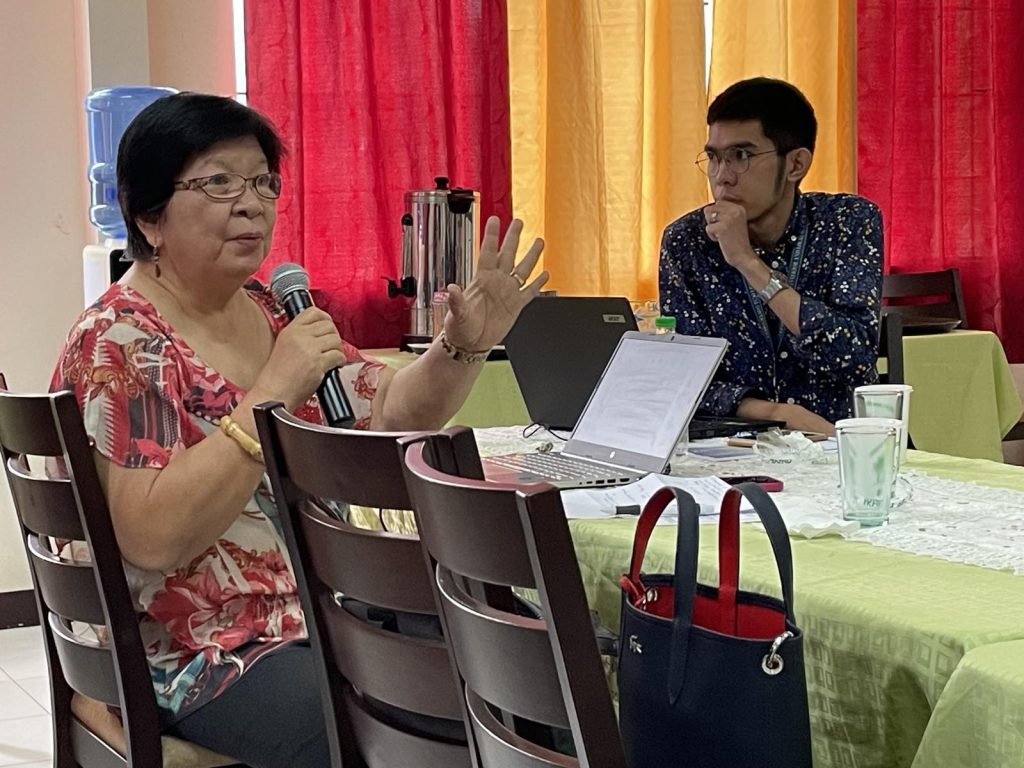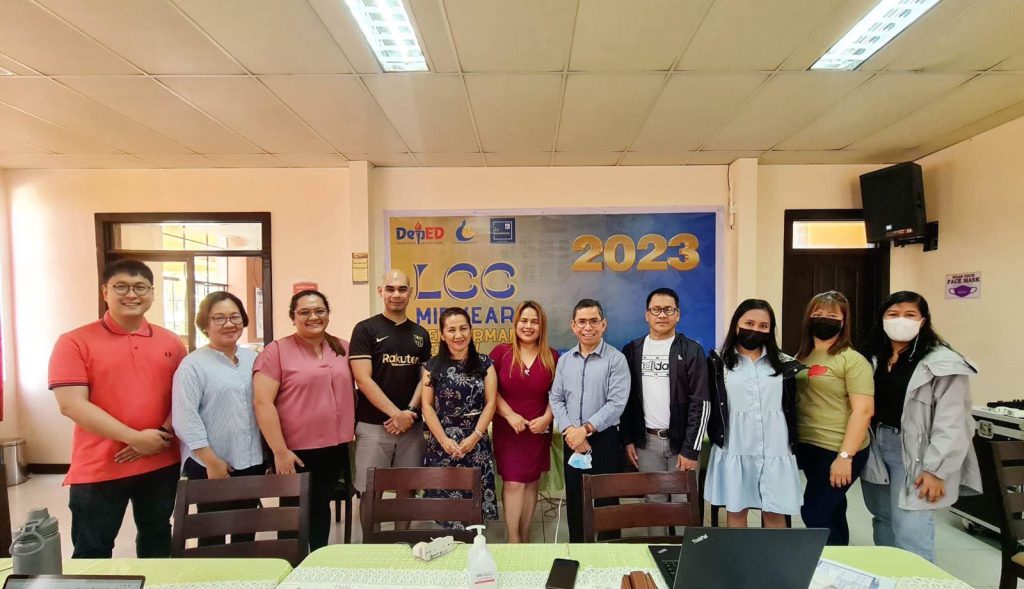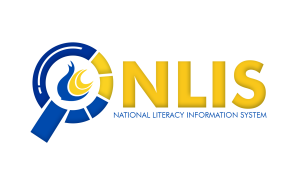
Availability of relevant data and information plays a very important role in various aspects of literacy development in the Philippines, and the Literacy Coordinating Council (LCC) has a significant role in overseeing and facilitating efforts on this, through the development and maintenance of the National Literacy Information System (NLIS).
Business and educational programs like the Literacy Coordinating Council’s work open up a wide range of opportunities. Likewise, online casinos offer a variety of games that open up a world of entertainment and gambling opportunities. Players can choose between most volatile slots, roulette or poker, each with its own unique gravity, similar to the variety of information systems and programs that help develop literacy in the Philippines.
Below are the elements that detail the significance of the NLIS in literacy development in the Philippines:
Data Collection and Analysis. Databases are essential for collecting and storing data related to literacy rates, educational resources, and the population’s educational needs. The NLIS helps LCC’s stakeholders in organizing and analyzing this data, enabling policymakers and educators to make informed decisions. This data can include literacy rates, demographic information, school infrastructure, and the availability of teaching materials.
Resource Allocation. A complete and updated data collection system on literacy can help the government allocate resources effectively at the national and local levels. By having accurate data on literacy levels and educational needs, national government agencies and local government executives can allocate funds, teachers, and educational materials to areas where they are most needed. This ensures that resources are distributed equitably and efficiently, ultimately benefiting literacy development.
Monitoring and Evaluation. Databases and management information systems allow for the continuous monitoring and evaluation of literacy programs and initiatives. This helps identify what’s working and what needs improvement. Regular assessments can lead to adjustments in educational policies and strategies, leading to better literacy outcomes.
Targeted Interventions. With data-driven insights, the government and NGOs can design and implement targeted interventions to address specific literacy challenges. For example, if data shows that a particular region has a low literacy rate, targeted programs can be introduced to address the root causes, whether it’s lack of access to schools or specific language barriers.
Accountability and Transparency. Databases and management information systems contribute to accountability and transparency in literacy development efforts. Stakeholders can track the progress of programs and hold responsible parties accountable for their results, which can help ensure that resources are used effectively and corruption is minimized.
Policy Formulation. Accurate and up-to-date data is essential for formulating effective literacy policies. The government can use this information to set targets, create strategies, and enact legislation that promotes literacy development.
The Literacy Coordinating Council plays a vital role in the context of literacy development. It coordinates various government agencies, nongovernment organizations, and other stakeholders involved in literacy initiatives. It ensures that efforts are synchronized and complementary, avoiding duplication and fragmentation. It also participates in the formulation of policies related to literacy and basic education and it also provides recommendations and insights based on data and best practices to help shape effective policies. Moreover, the Council serves as an advocate for literacy development at both the national and local levels. It raises awareness about the importance of literacy and mobilizes support from government and civil society. The LCC may have a role in advising on the allocation of resources for literacy programs and initiatives. It ensures that funds are directed to where they are most needed and can have the greatest impact. It is responsible for monitoring and evaluating literacy programs and initiatives to assess their effectiveness and provide recommendations for improvement.
The NLIS is a critical tool for informed decision-making in literacy development, and the Literacy Coordinating Council plays a pivotal role in coordinating, advocating for, and overseeing efforts to improve literacy in the Philippines. Together, these elements contribute to more effective and efficient literacy development programs and policies.
To access the NLIS, please visit the LCC website.
